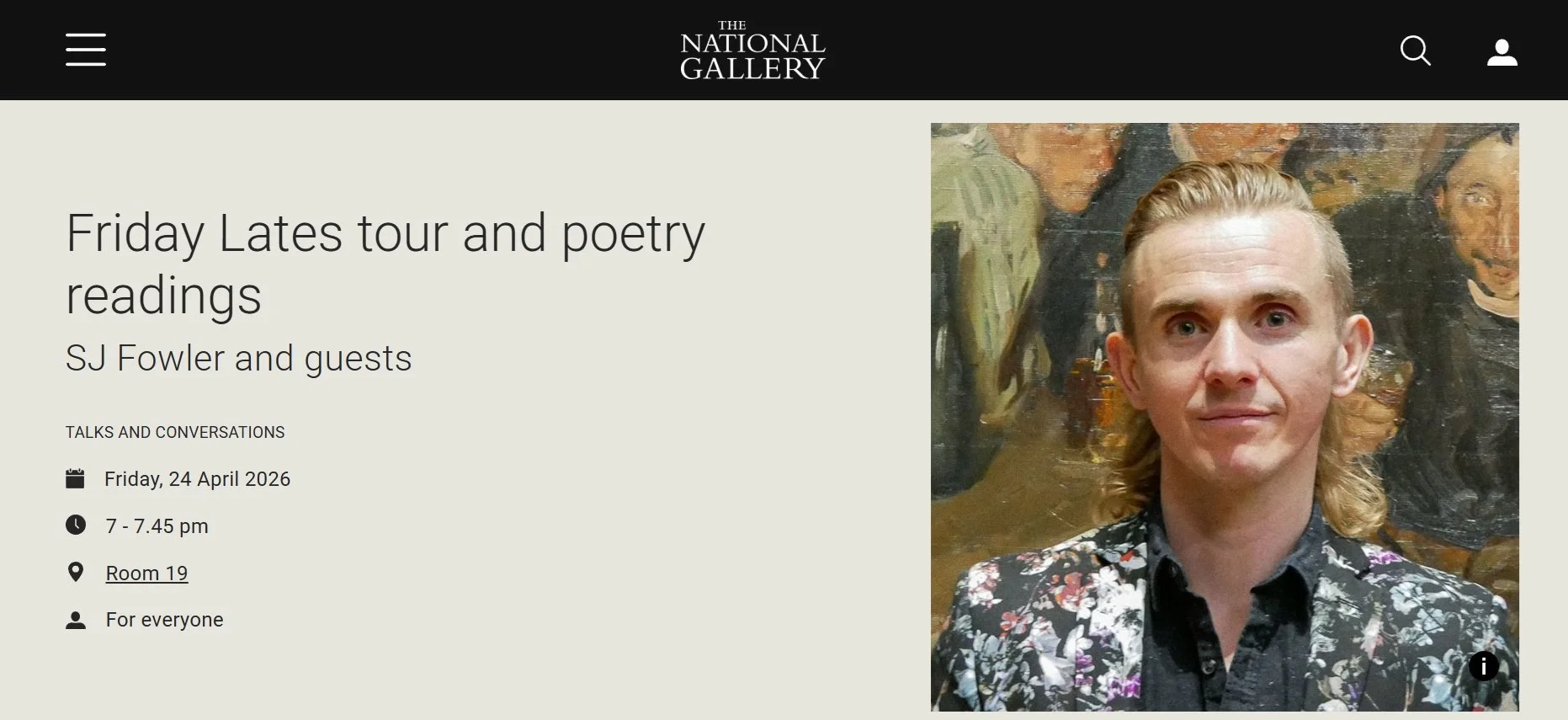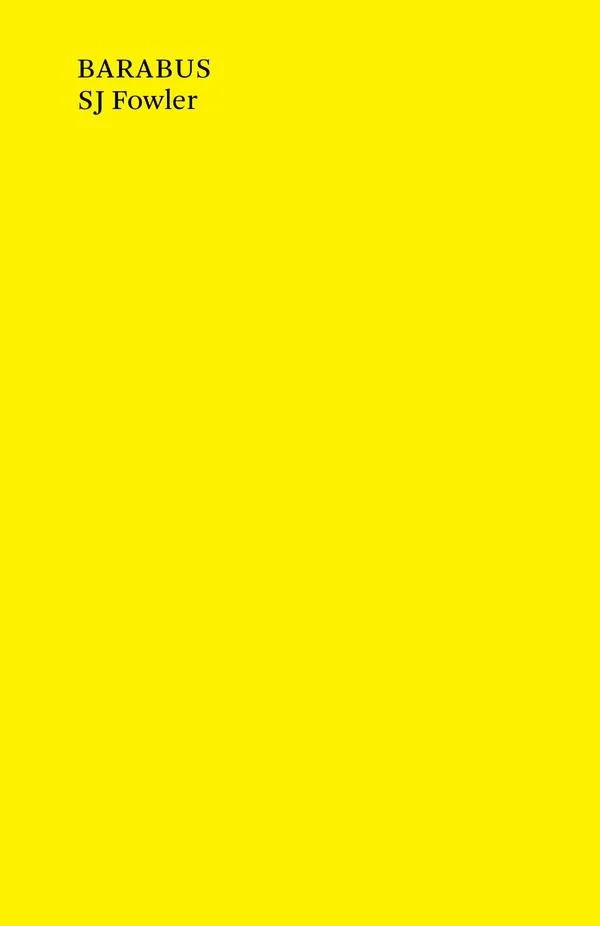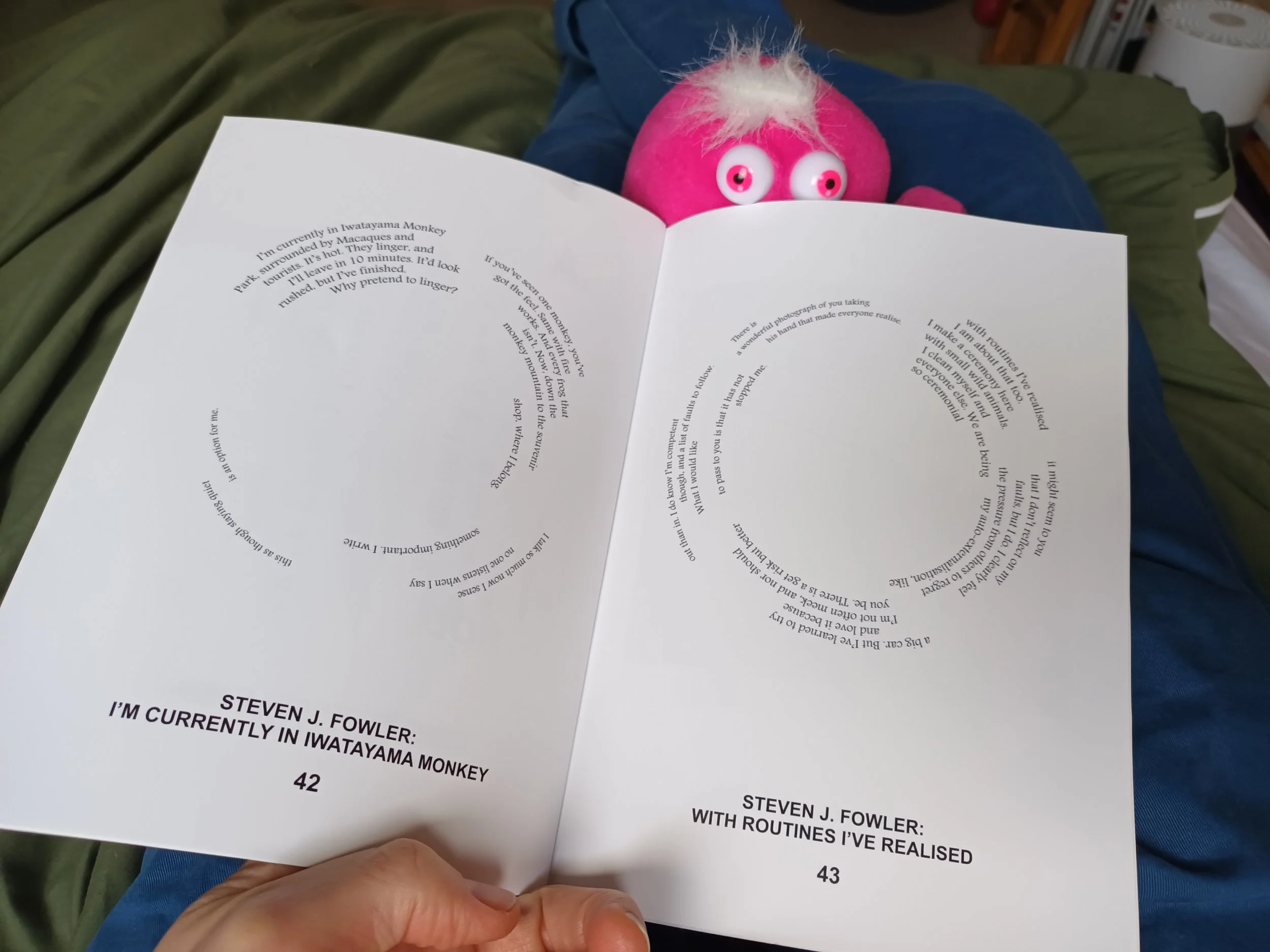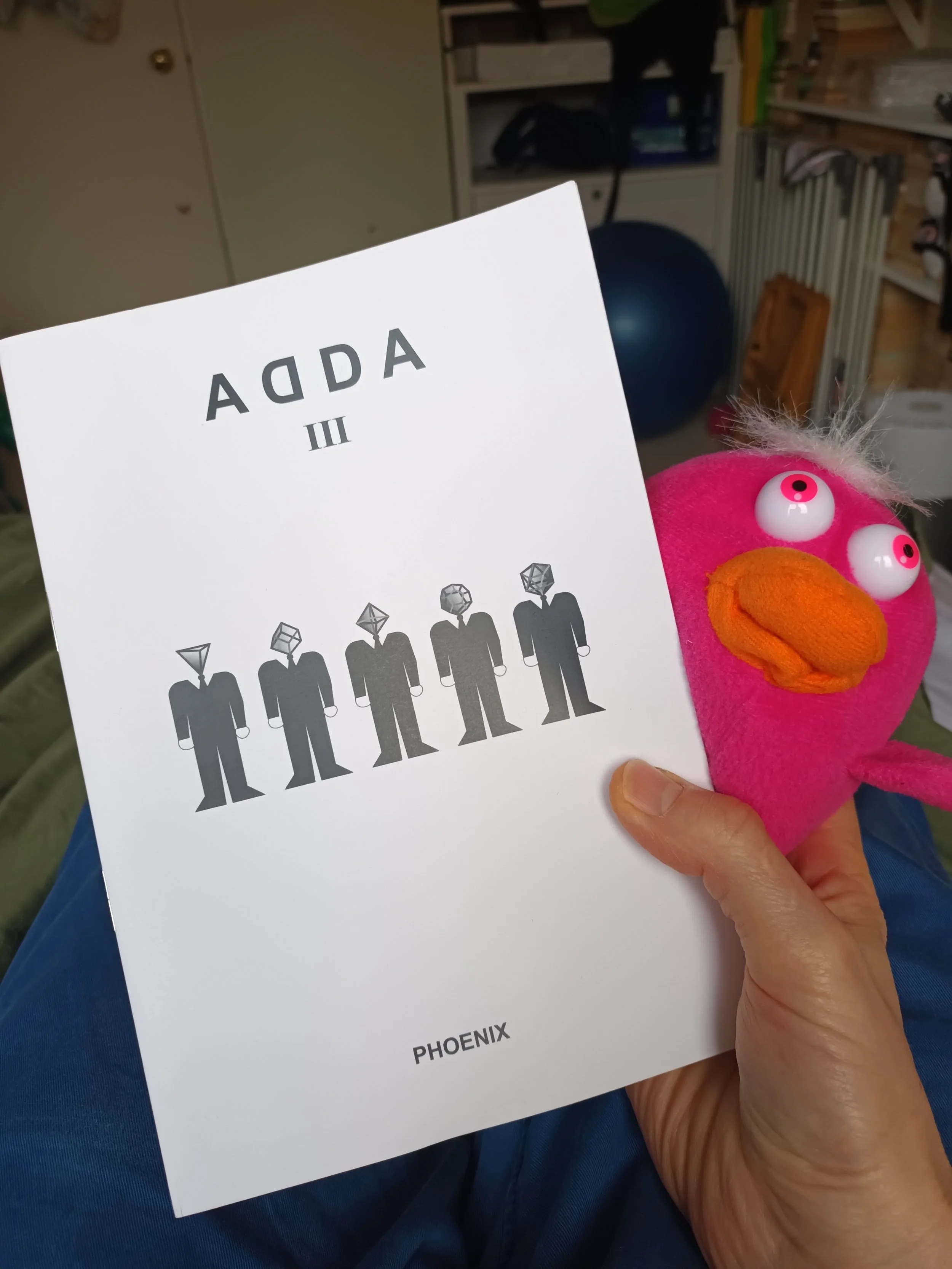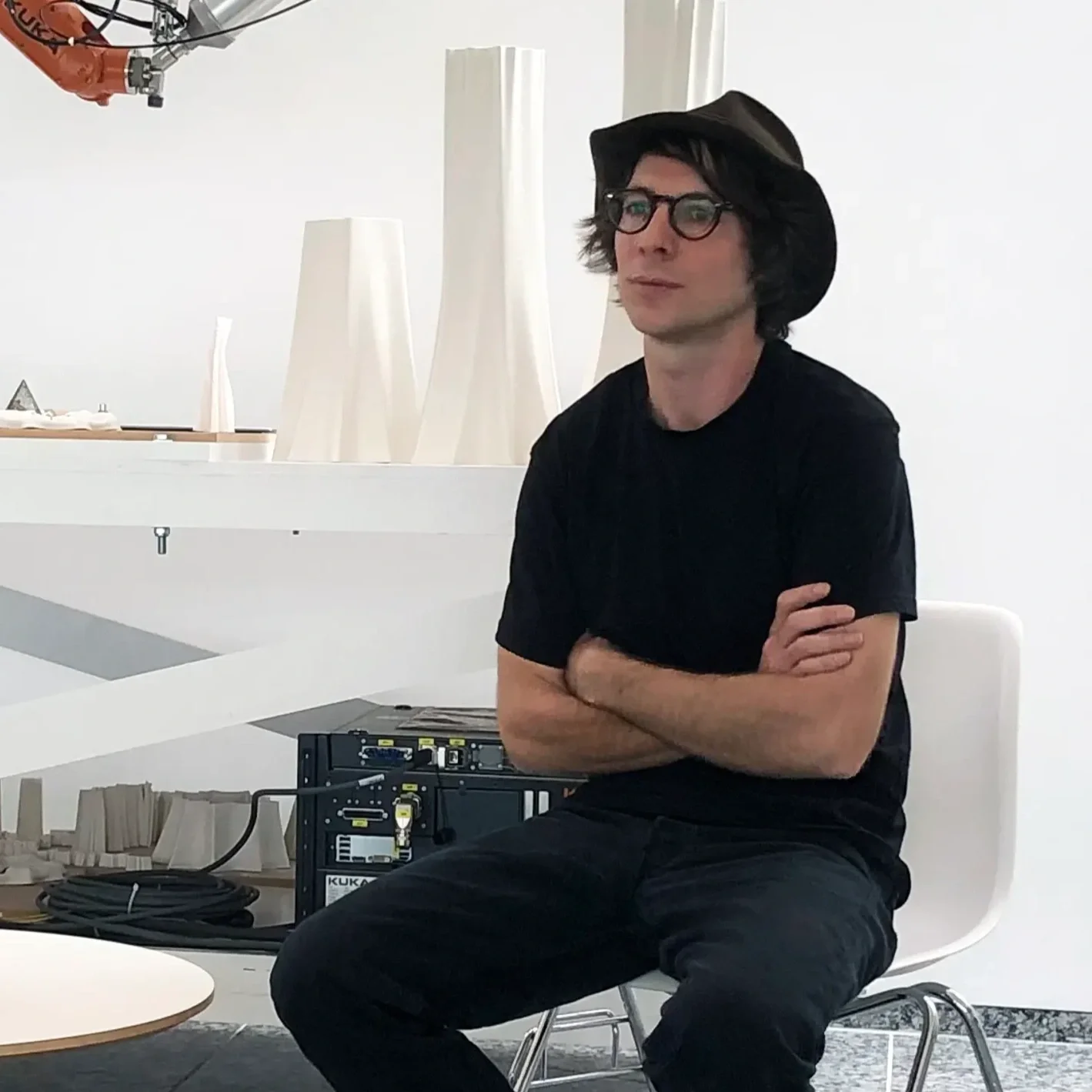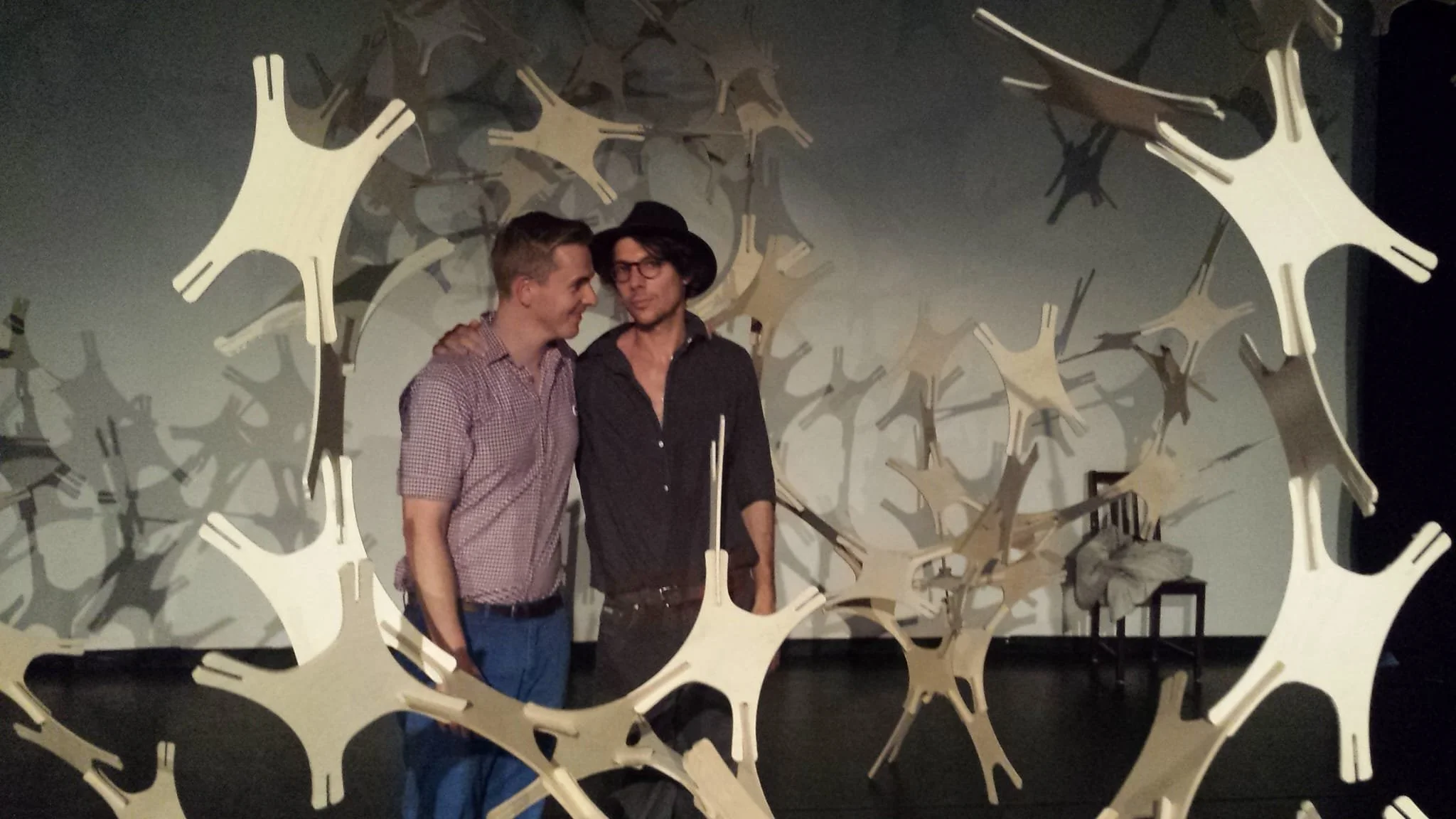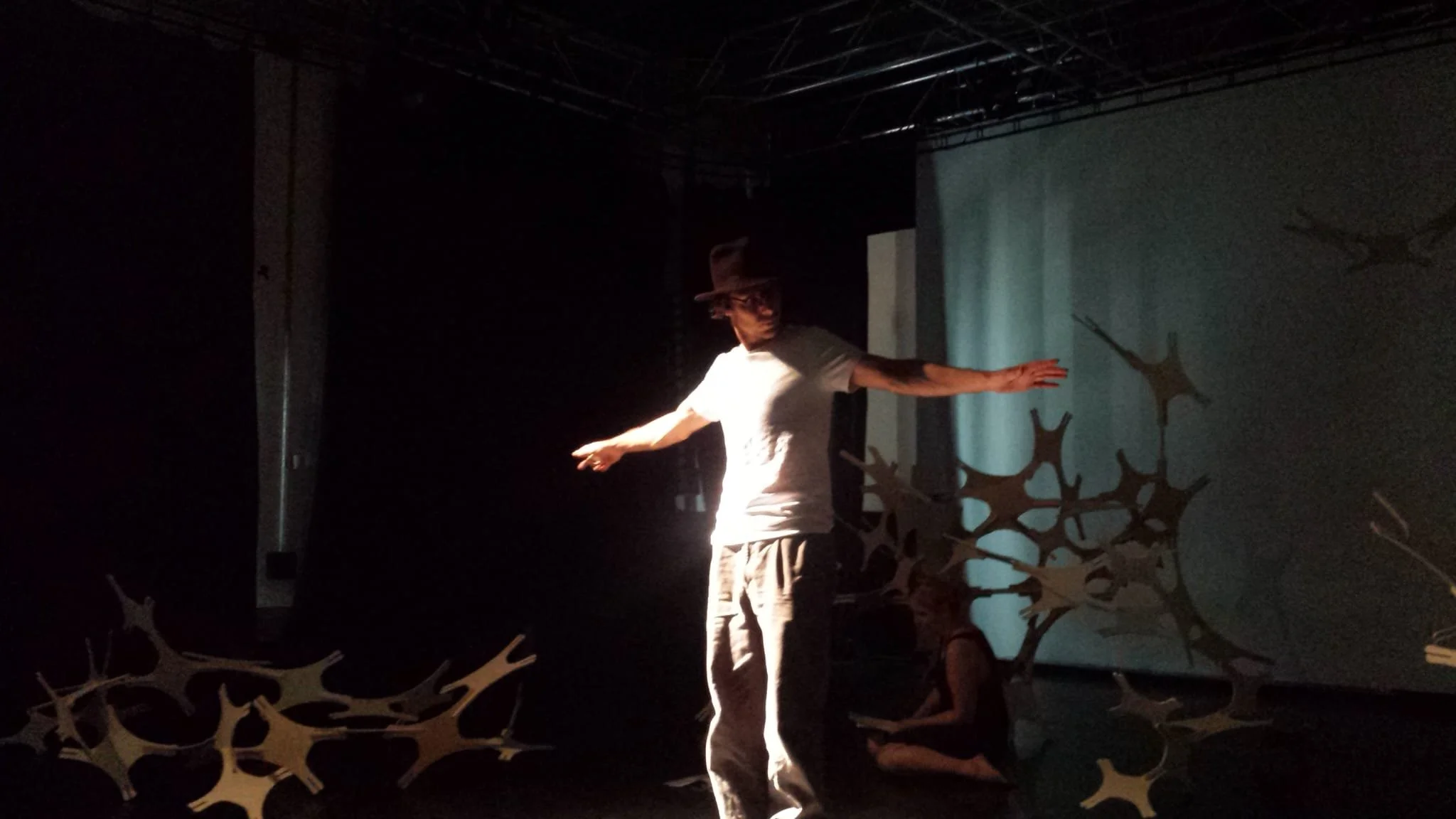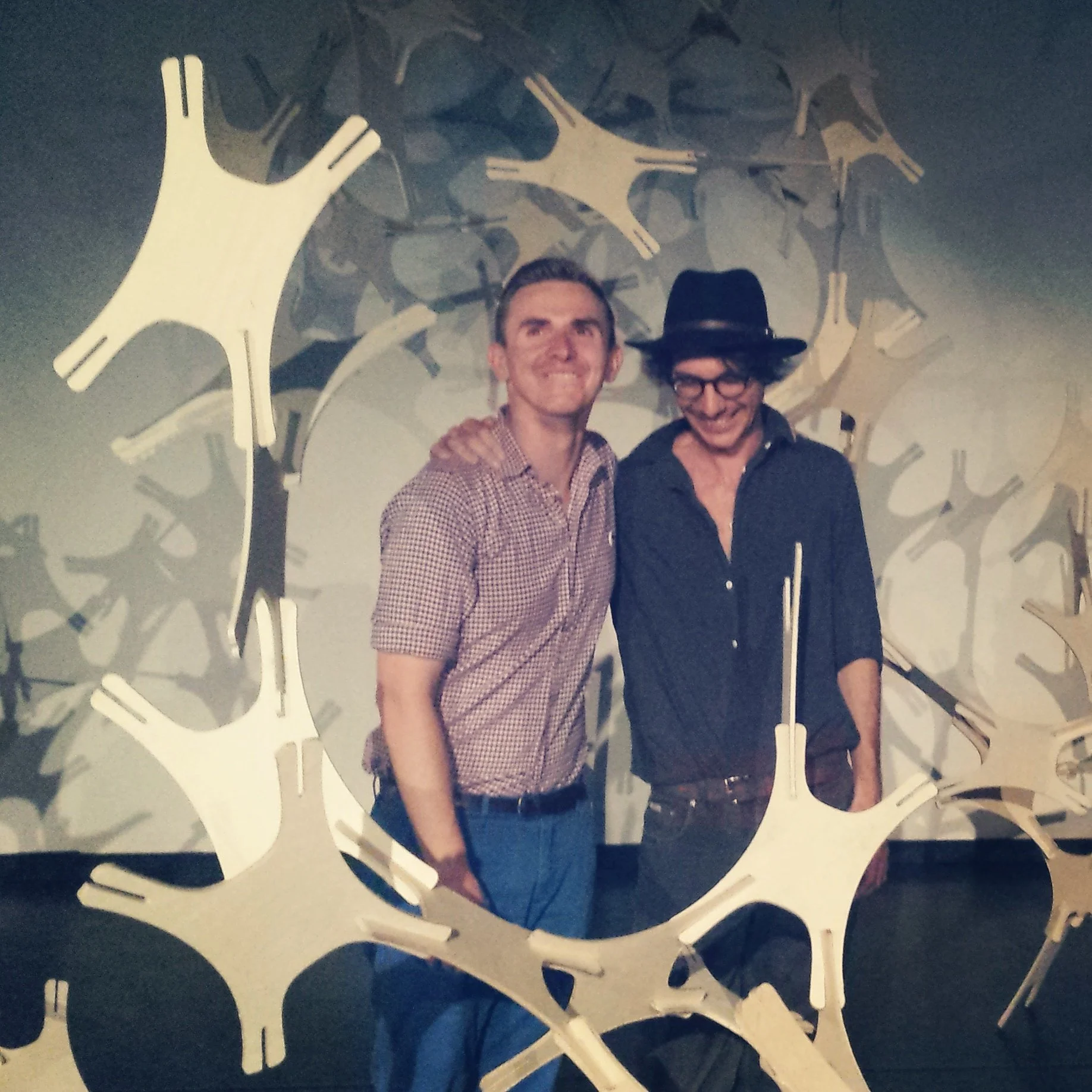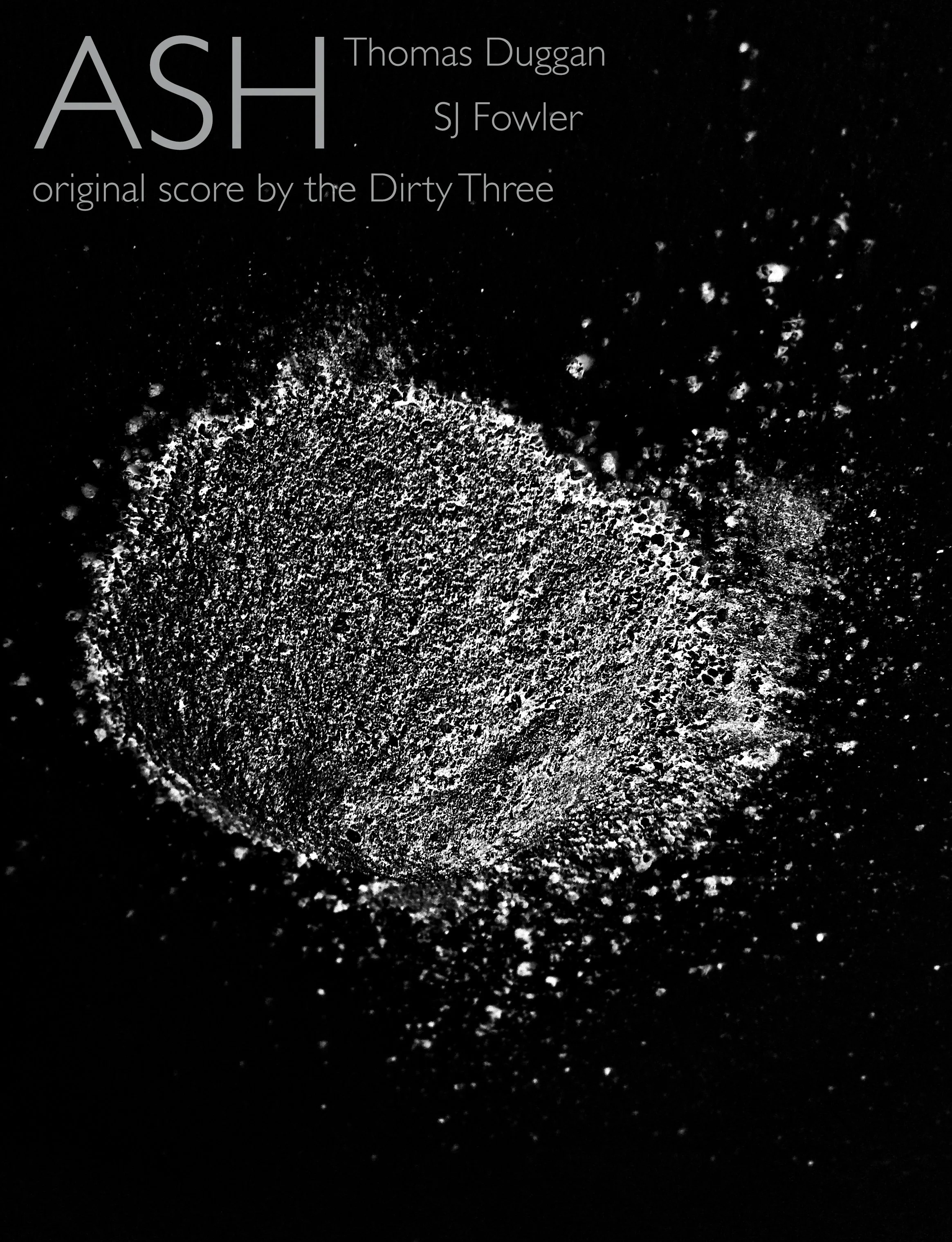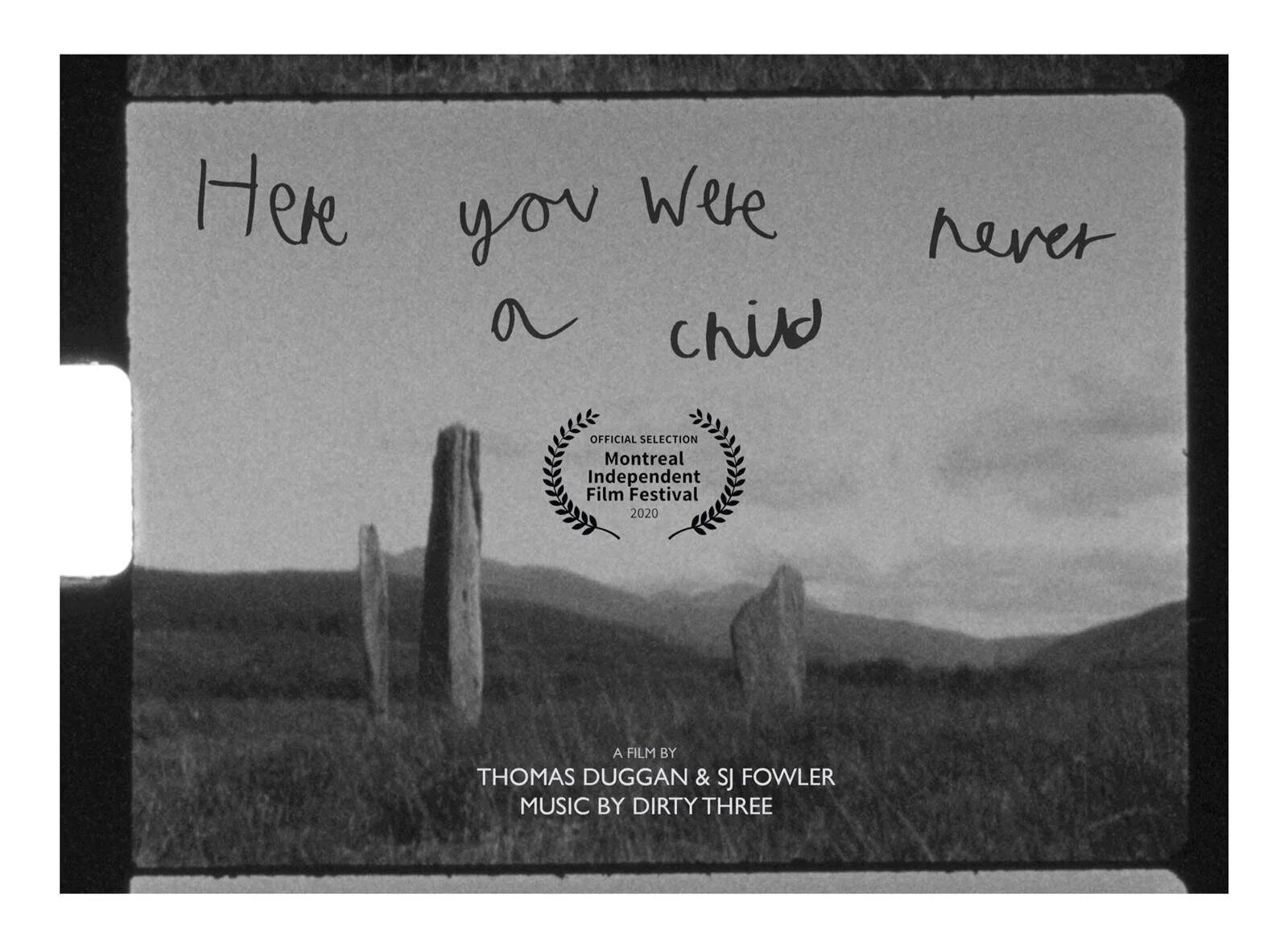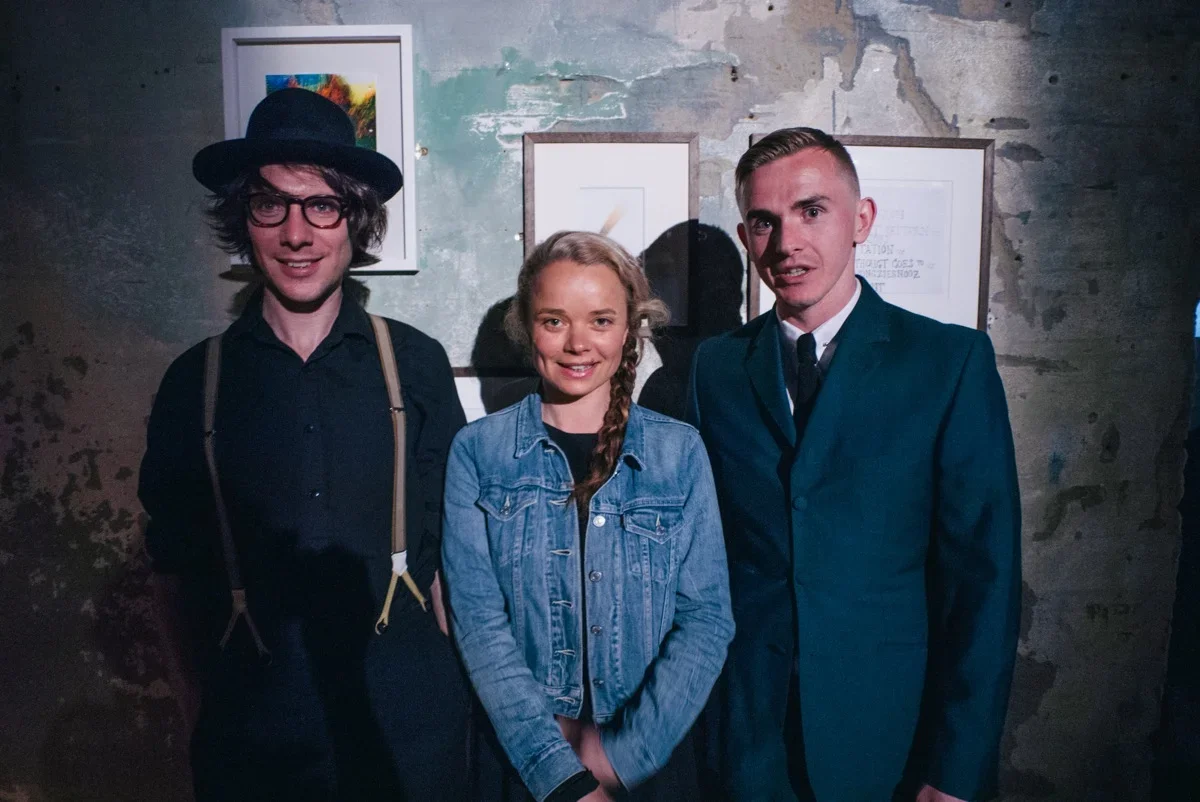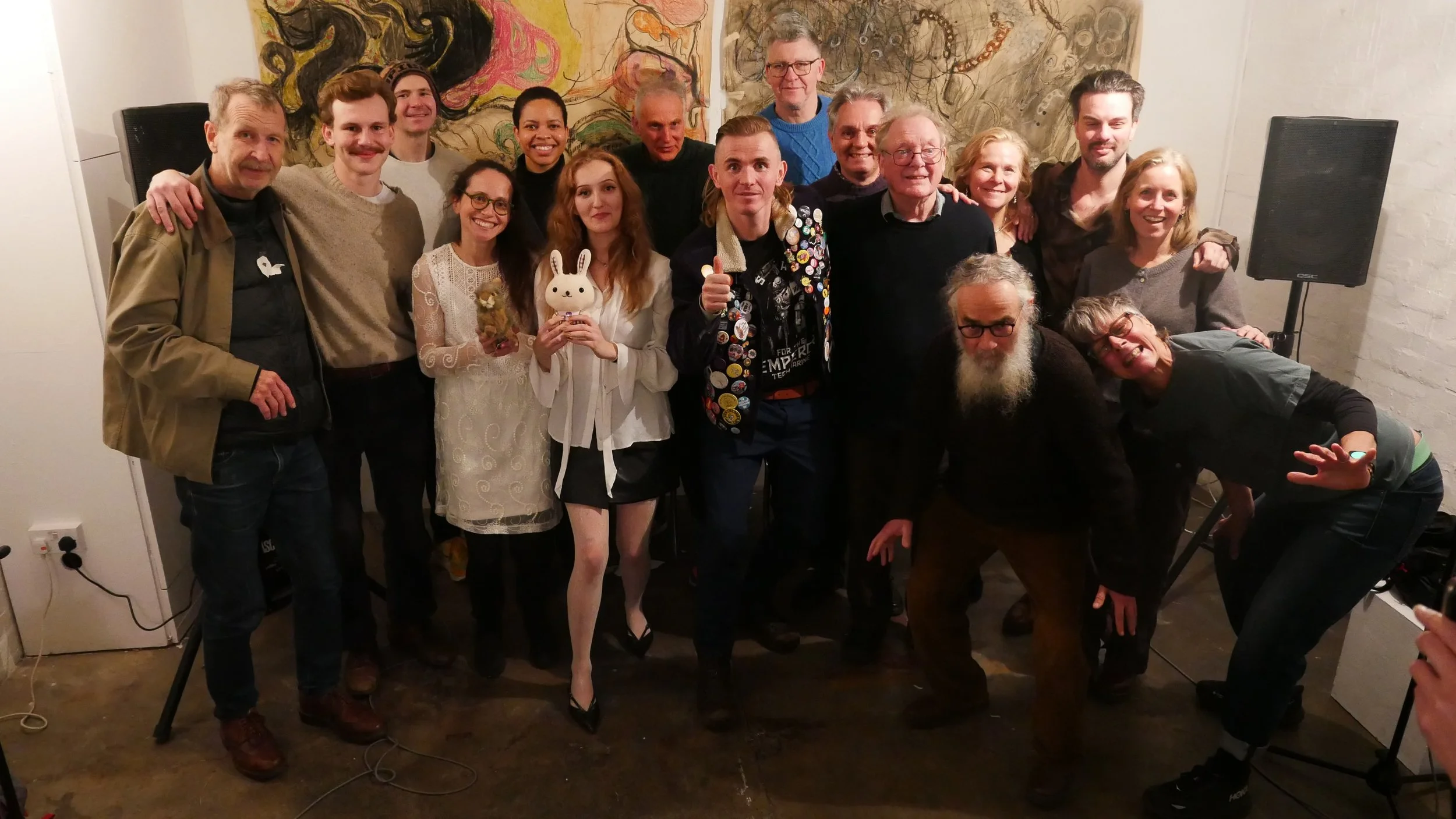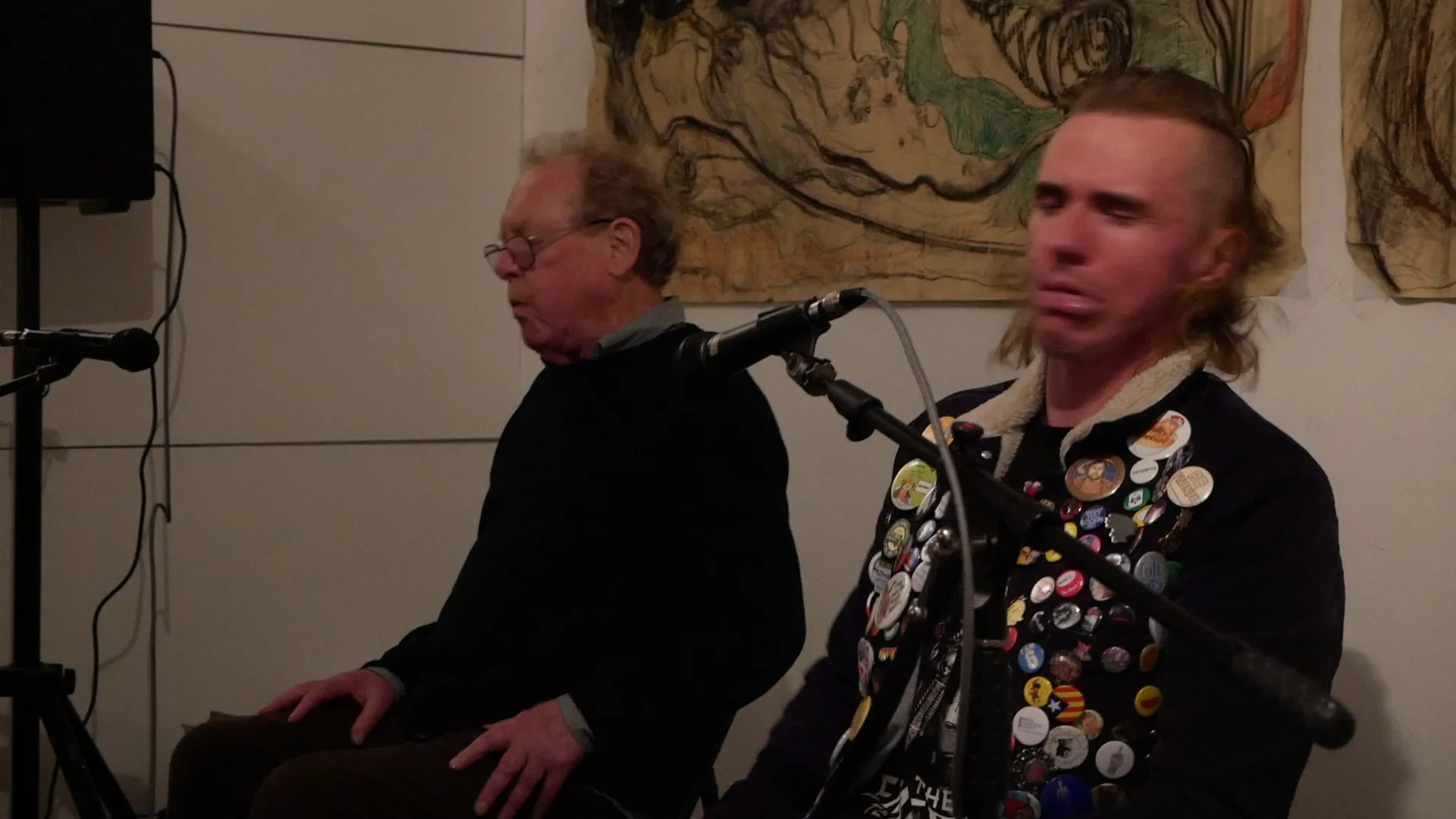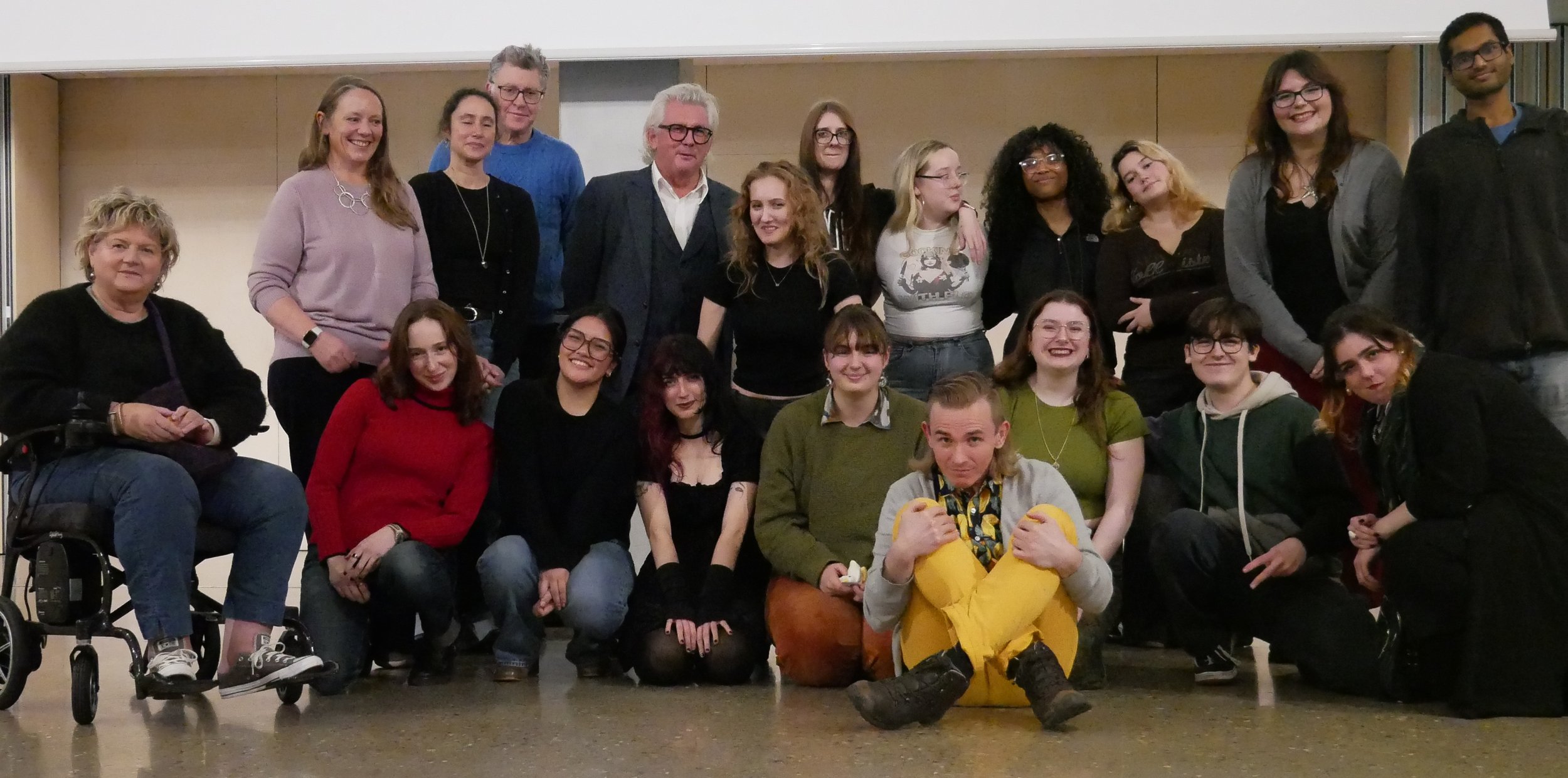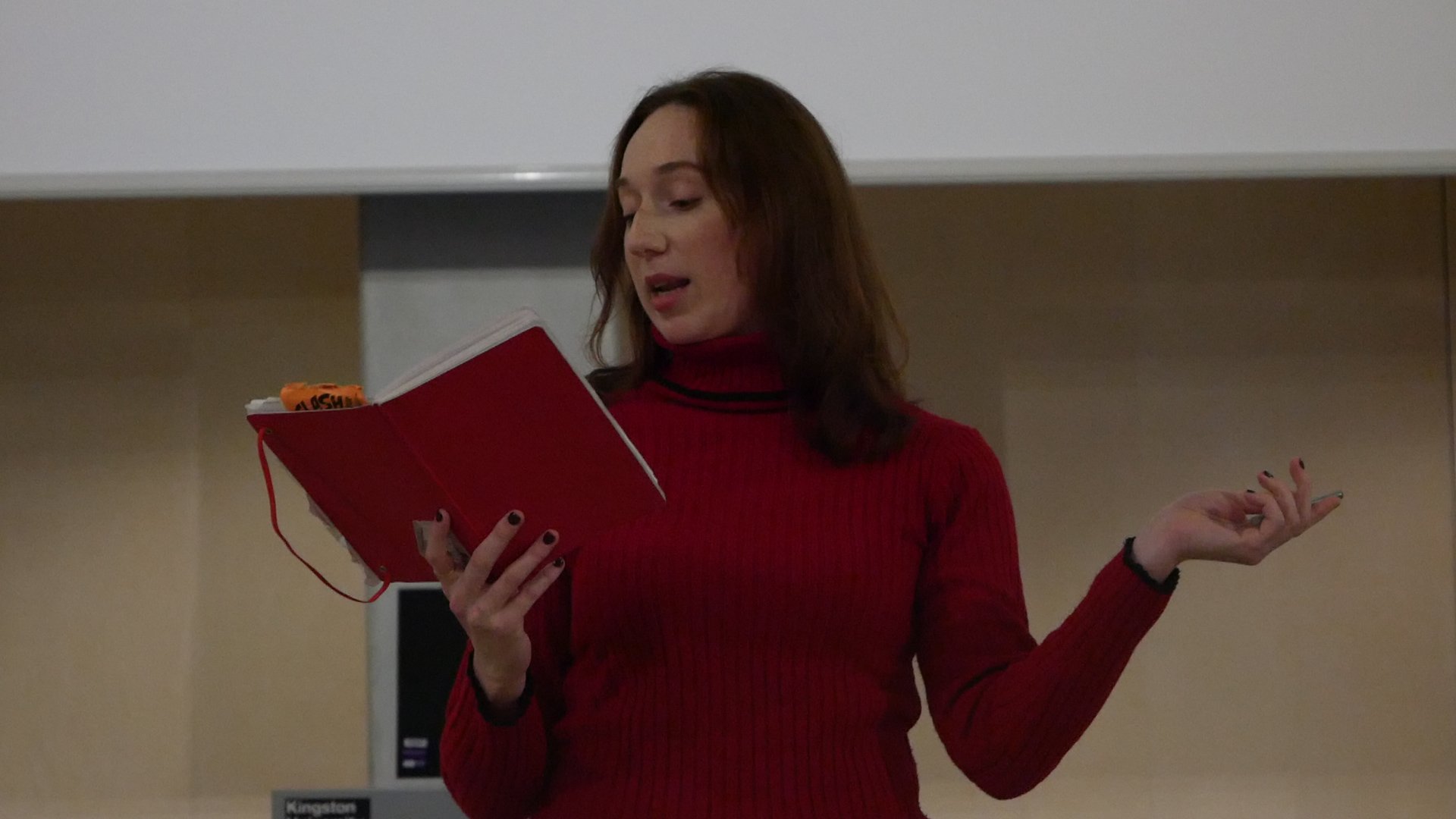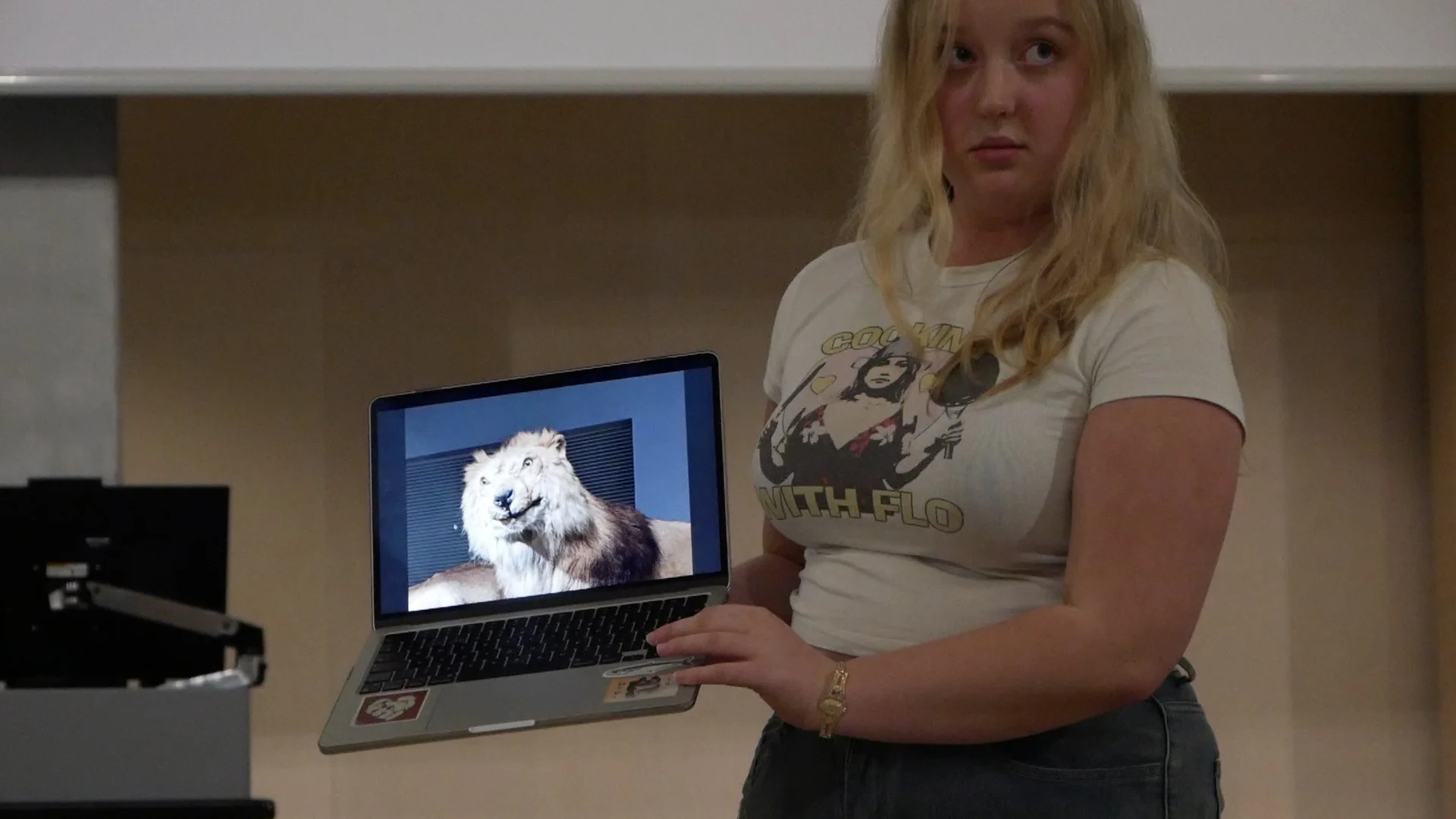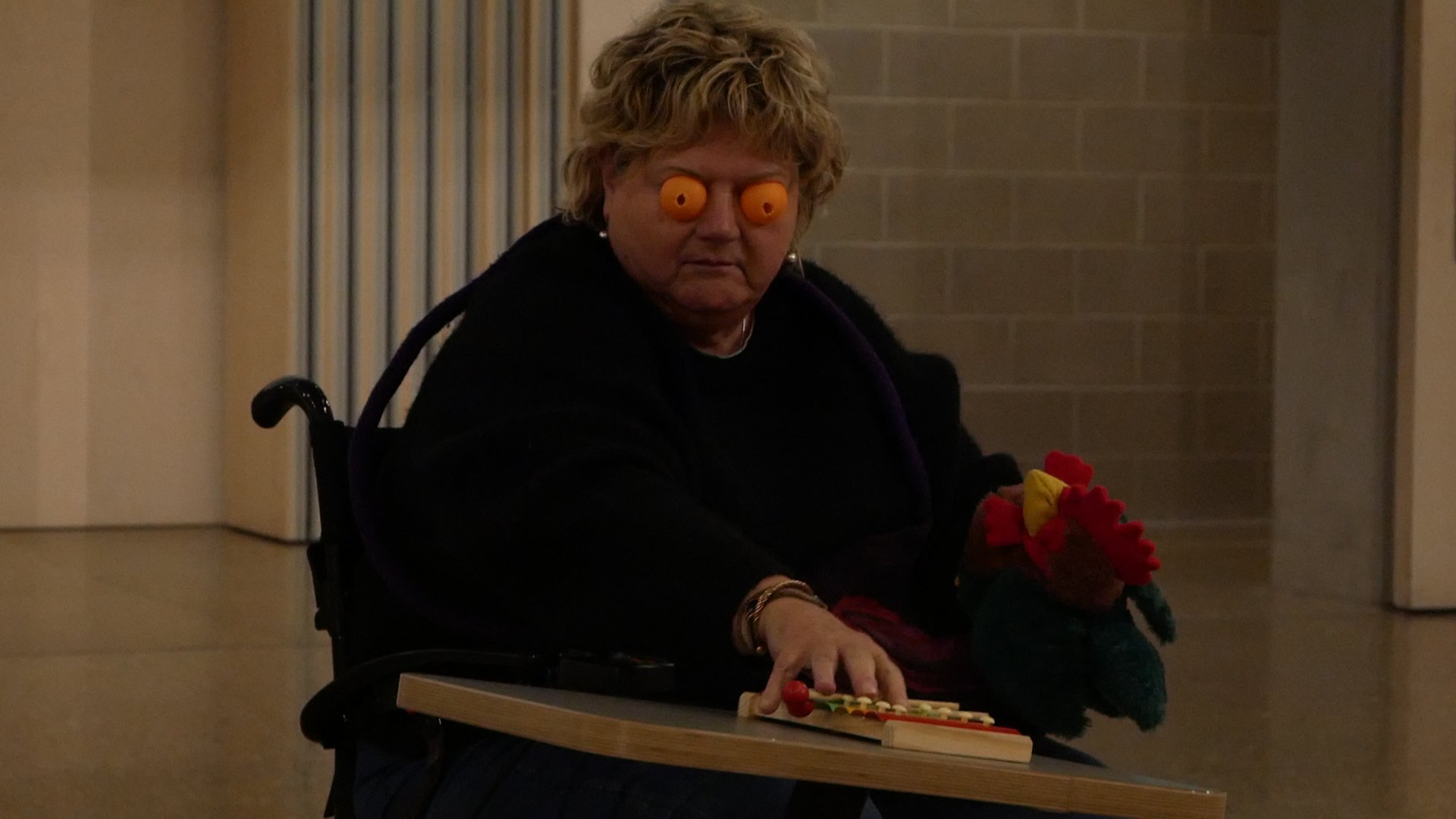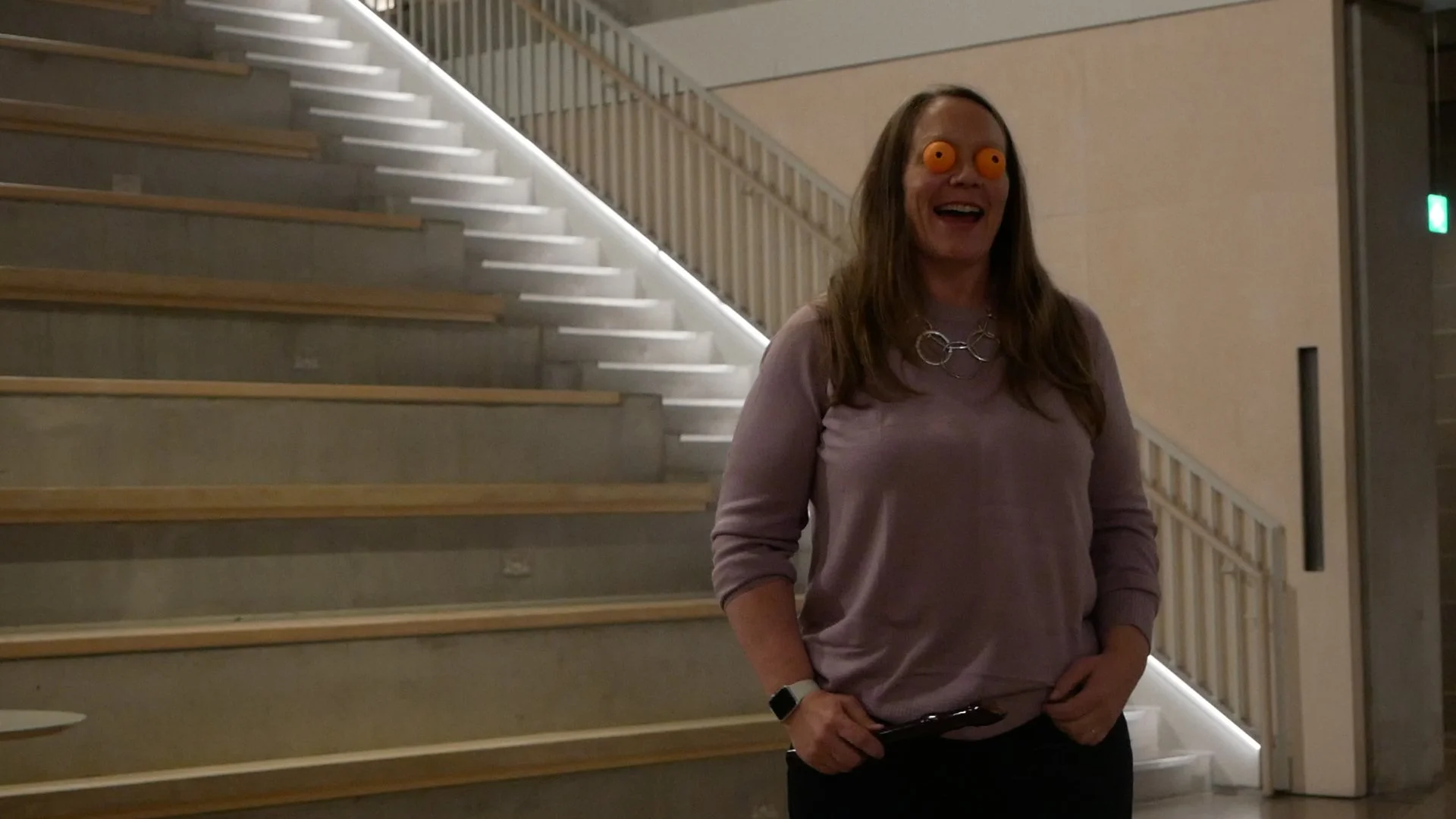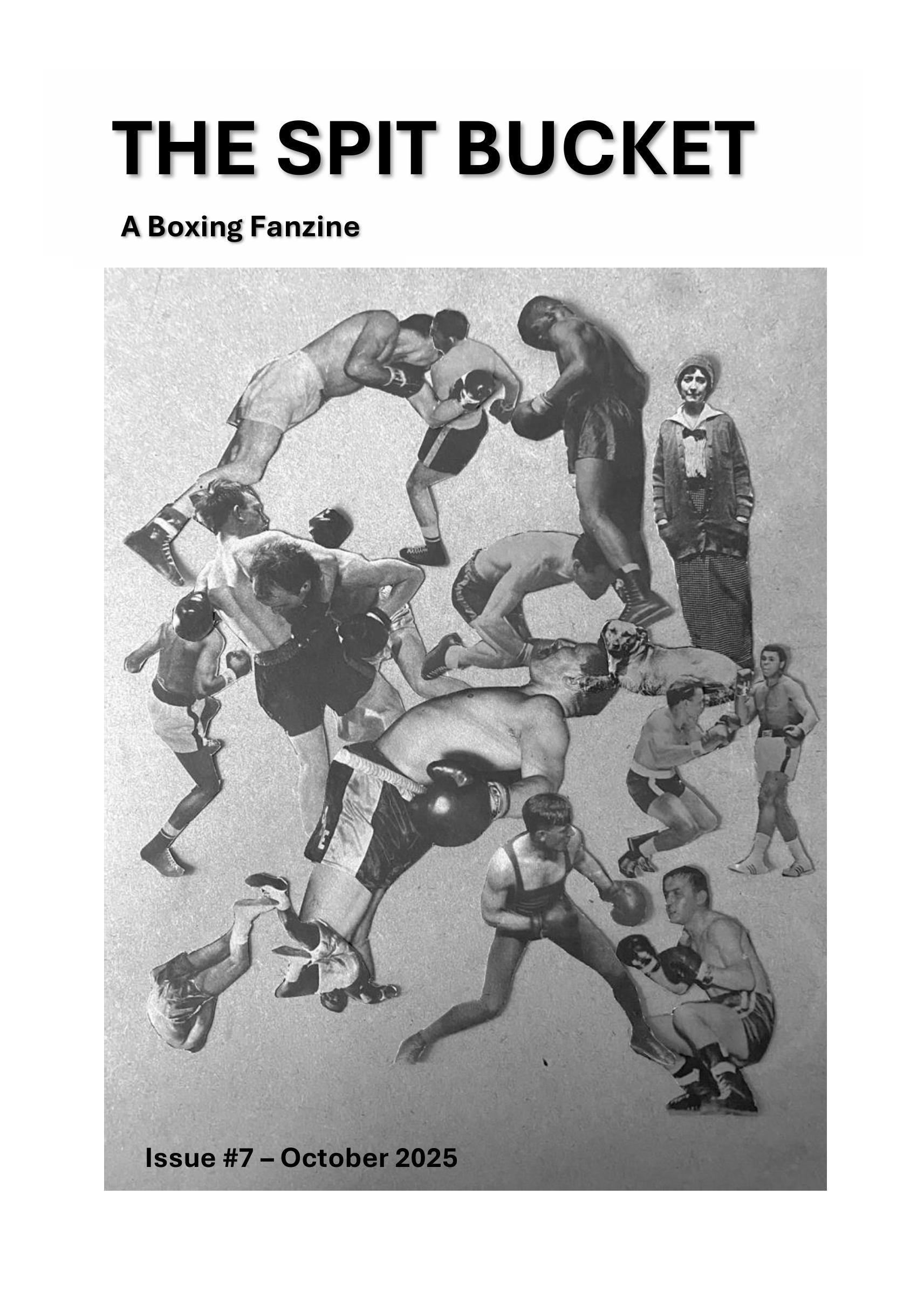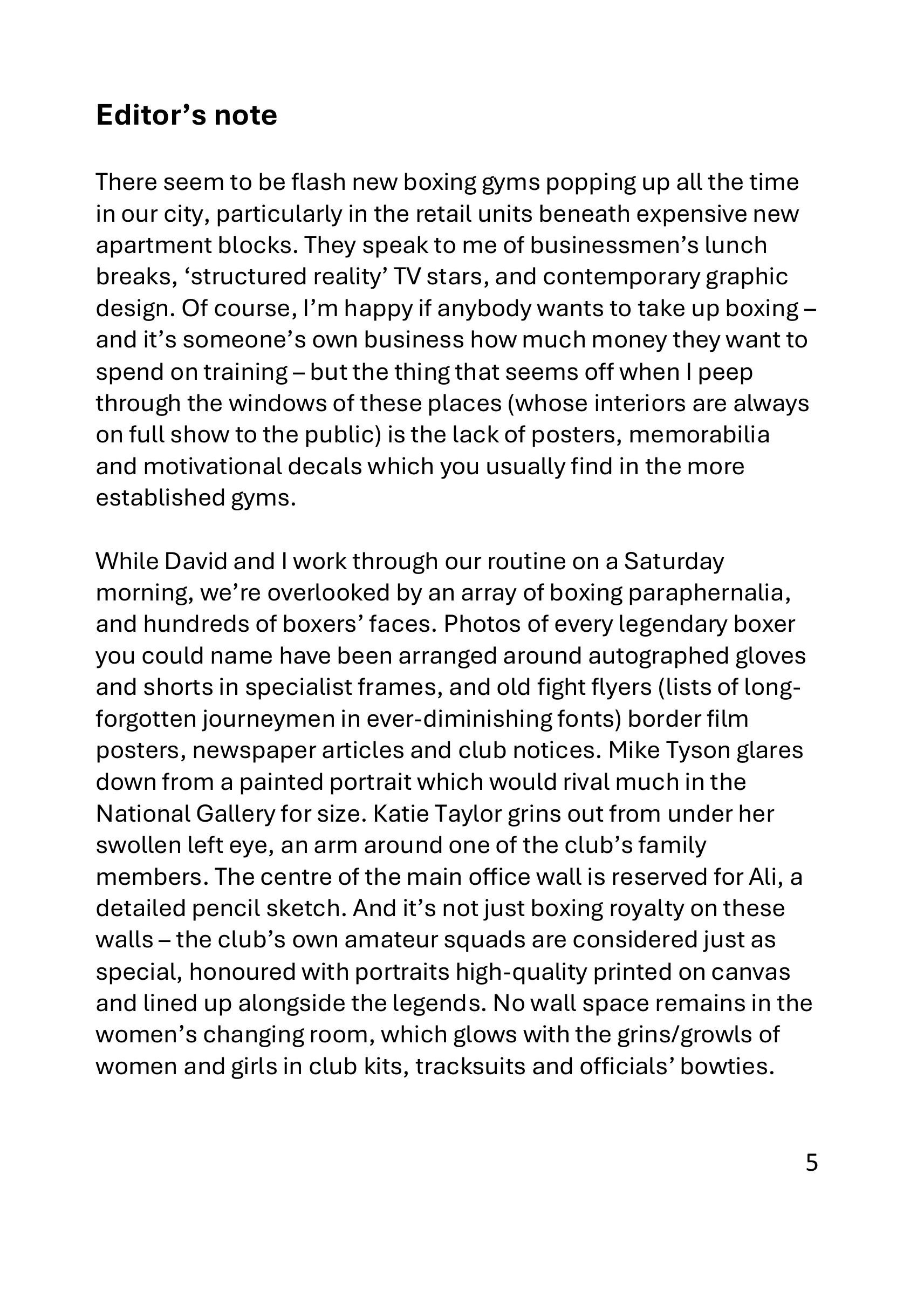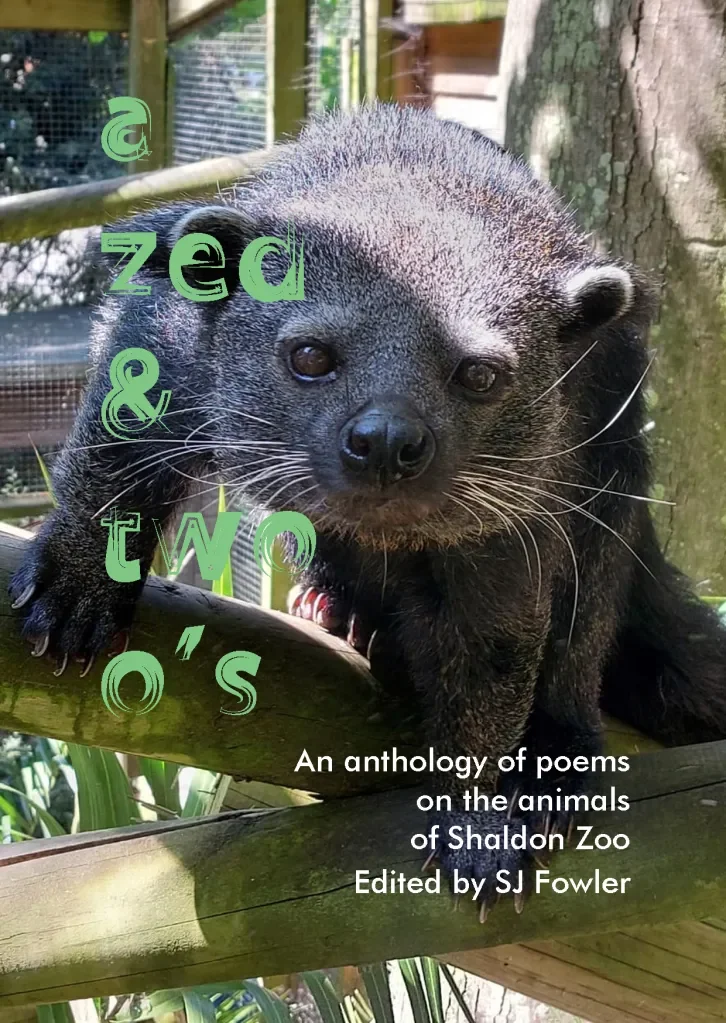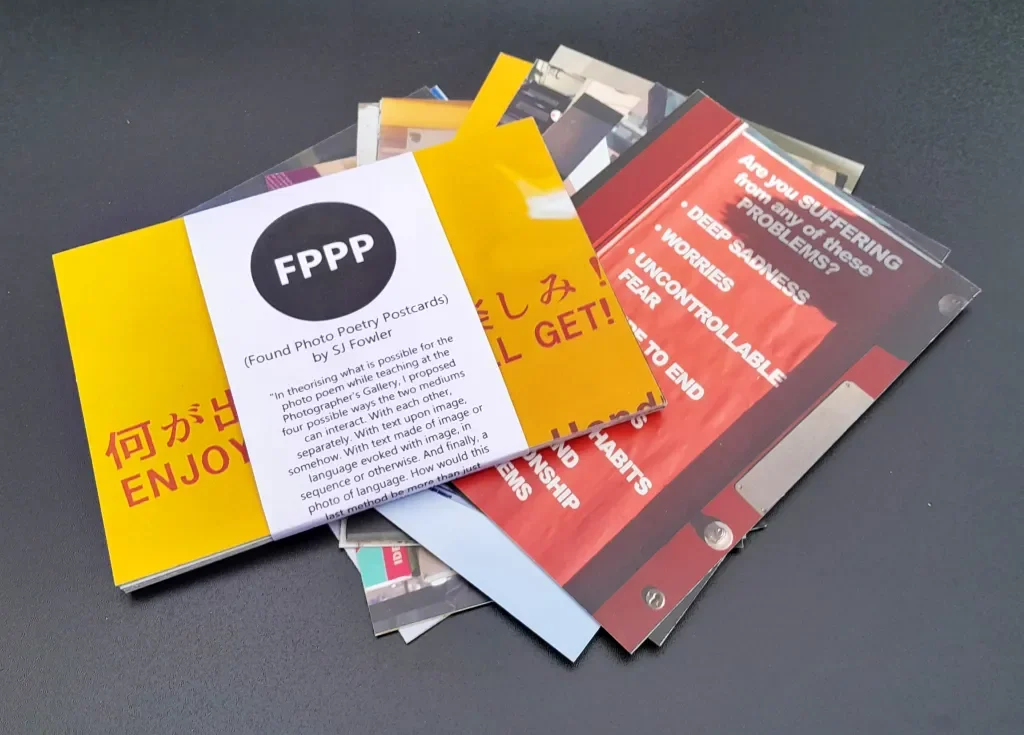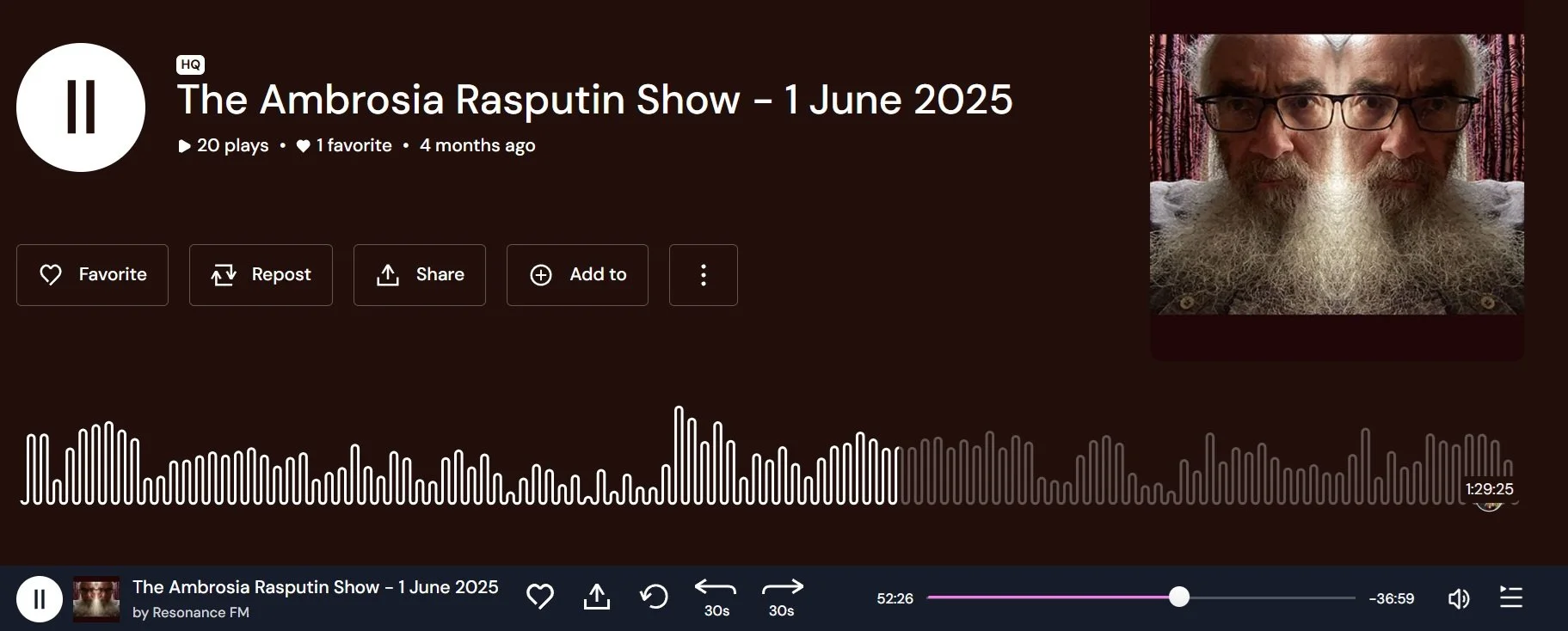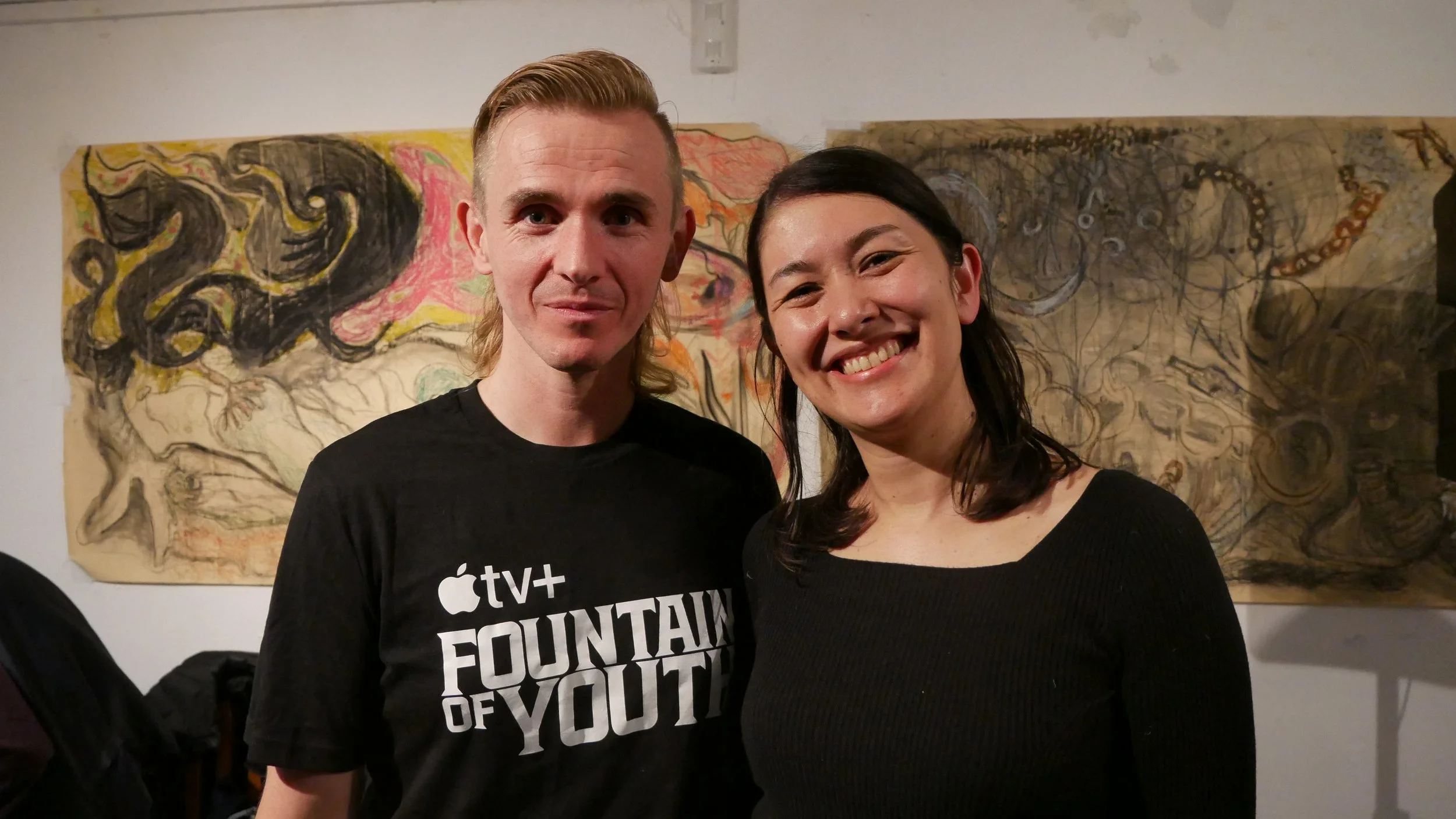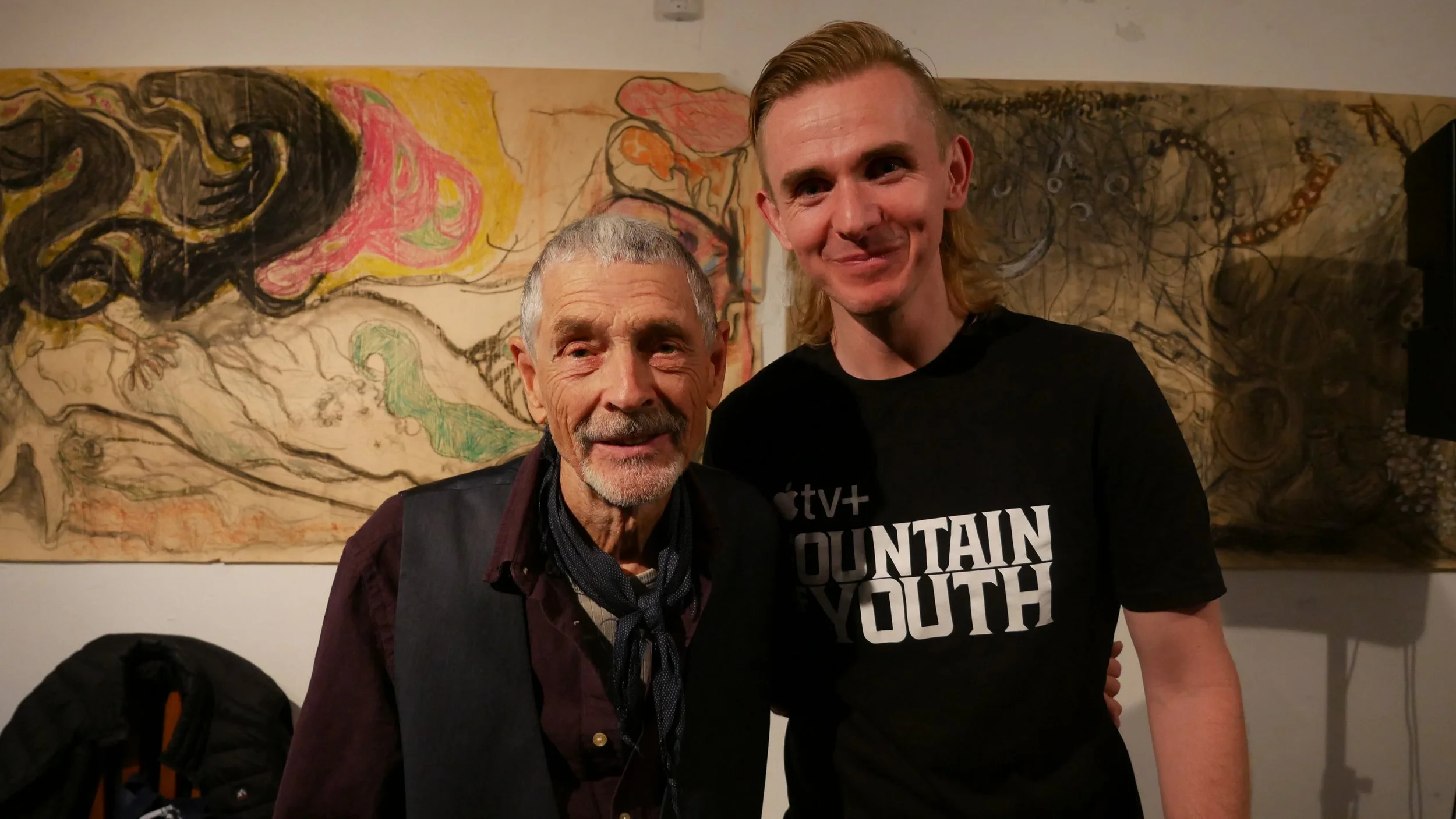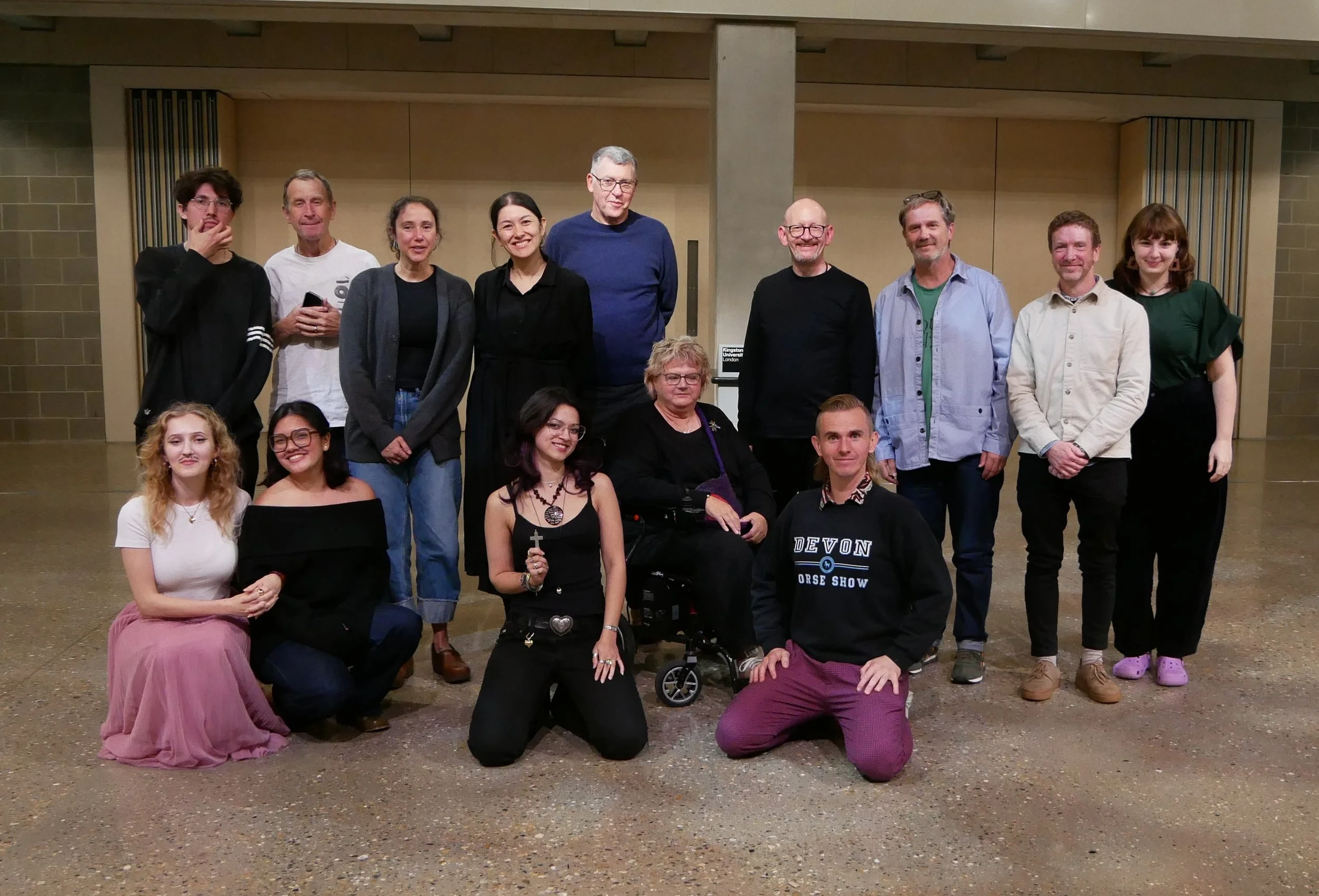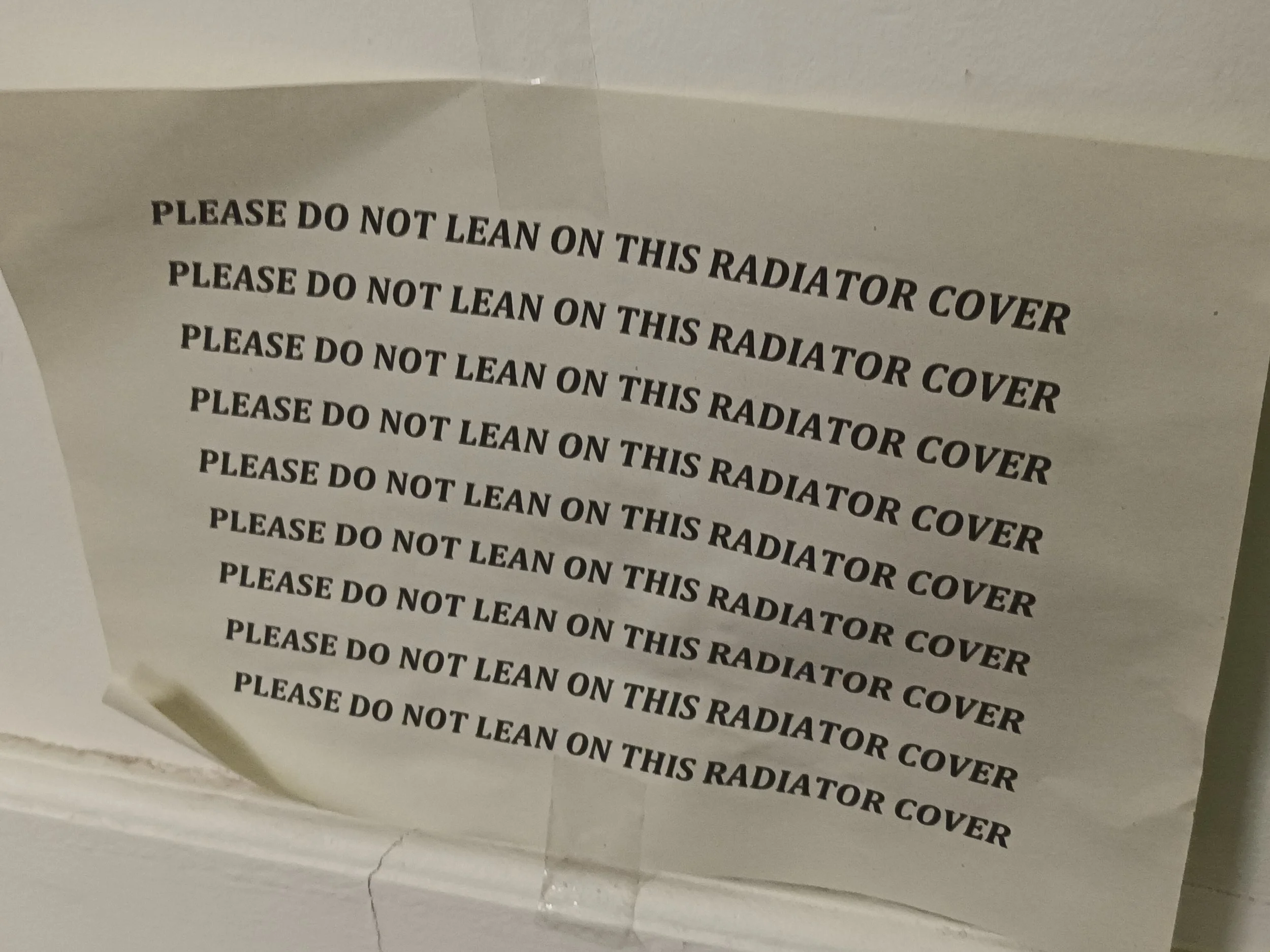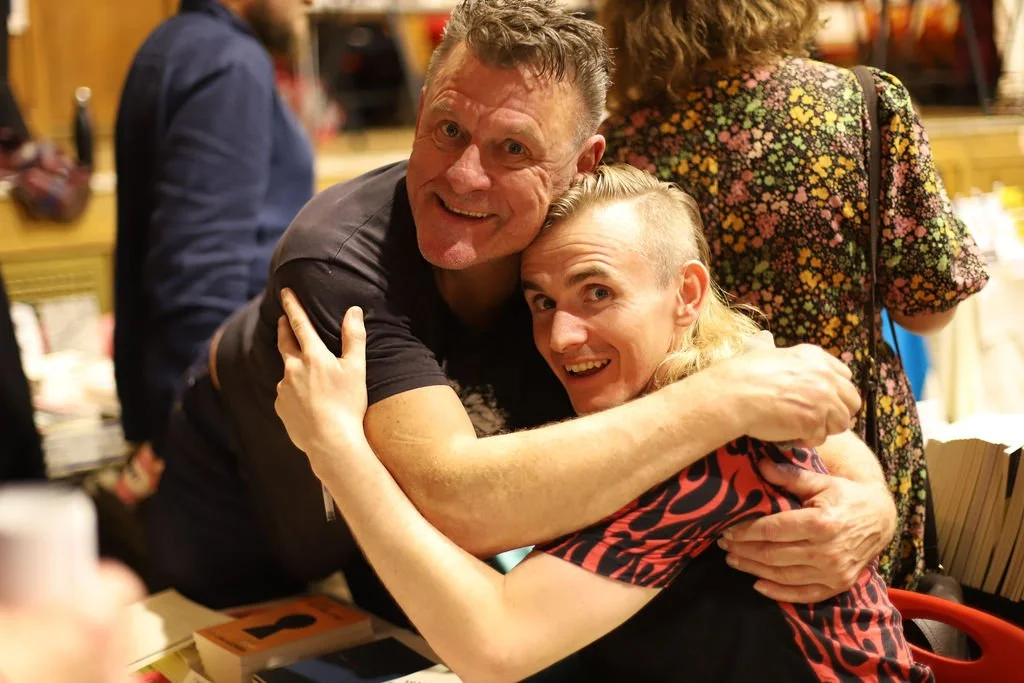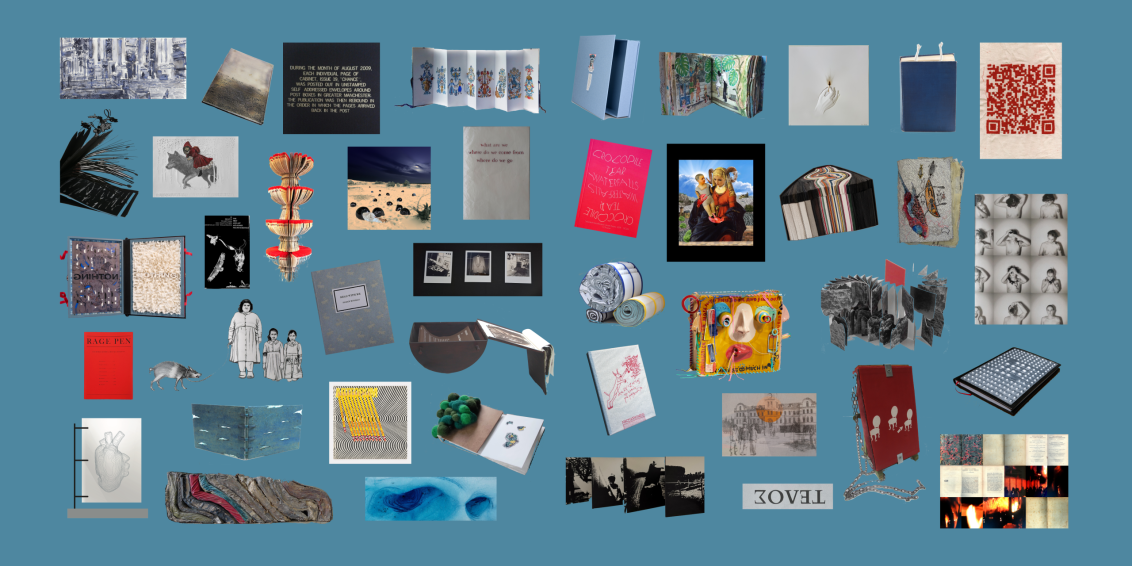Please join me again at the National Gallery on April Friday 24th, 7pm, in room 19, for poetry readings and performances and a walking tour of three rooms. Free, with guests announced soon. This is the first of three commissions for this year, and the 10th overall https://www.stevenjfowler.com/nationalgallery
Published : Barabus - a novella from Tenement Press
My new novella - Barabus - is now available to buy from Tenement press
https://tenementpress.com/BARABUS
Harrowing at times, but immensely rewarding, Fowler’s novella is a moving exploration of the effort required to remain unmoved.
— Dan Abnett
Everything that folds from Fowler’s soft bag of brain is a phenomenal and precious gift, and one anyone truly interested in language, human coping and the murk-sparks of the mind should know. Now drive and siren back to the station and go on. — Han Smith
Relentless, compelling, comic and sobering. — Vanessa Onwuemezi
Frenetic and exhilarating outbursts, as eye-witness accounts from a mind’s eye of true originality. — Andrew Kotting
" ... BARABUS is a book keen to picture the hard-edged horizon line of morbidity. A midnight-dark comedy with the bite and temerity of Chris Morris—the acerbity of Peter Weiss—and the ambiguity of Le Clezio, Fowler’s second novella is a work of disarming directness. A paean to the costs of life lived in service of the needs of others—in riverine prose cooked down to concrete—this is a book about long, hard and strange work. The weird of exhaustion, the colour of tarmac, and the breadline of spirit. About the people that attend to the possibility of our continuity.
To be launched with a series of events this April / May, followed by broadcasts of the audio book on Resonance Extra.
A note on : Concrete poems in Adda III
Really nice to have two of my Frog Circle concrete poems in the latest, and third, issue of Adda III thanks to Andreas van Rompaey https://andreasvanrompaey.wordpress.com/ and colleagues. There are some brilliant works in the edition.
Thomas Duggan 1984 - 2025
Photograph by Alice Clough
Thomas Duggan was one of the most brilliant minds I have encountered. He had an enormous capacity for invention, and dynamic creation. He was a sculptor, a designer, an artist, a writer, an architect and a craftsman. He was my only constant collaborator from my schooldays, where I was not at all a creative person. In a true sense then, Tom was an enormous influence on me, conceptually and modally and this was absolutely true during the dozens of things we made together. I’m sure he was an influence on hundreds of people around the world, such was his generosity.
Throughout my adult life, Tom offered me a constant example of possibility. But it then must be said many of the things Tom did were not possible for me, as they would not be for most people. For example, he one day told me he had convinced the kuka robot company to drop off a robot at his studio, then he taught himself how to use it from the instructional manual, and then did so, with the safety barriers removed because they were getting in his way. He would build a piece of furniture for a friend, from scratch, on the same day he would be working with his friends at MIT on synthetic silk design and meeting with aerospace companies. Tom had an enormous capacity for brilliance when he found a direction or idea that consumed him, and though introspective, he was ever dynamic, and original.
Our collaborations were constant and ranging from the time I started to write seriously, in between his various and unpredictable projects. Tom was cinematographer on my first attempt at film, and we finished a short film together - Here You Were Never a Child - that was screened at the Toronto, Montreal and Auckland film festivals. He printed poems I wrote for him in both gold and synthetic silk, with the latter exhibited in this video at the V&A and in his exhibition at Tate St Ives. We wrote an article about that work for Nature too, spending time in Devon together drafting and editing, as we often did.
He built the set for my play Mayakovsky in 2017 and that was a magic summer with him in London where we did a performance entitled Ash that was scored by The Dirty Three, whom he knew. The same summer he contributed to an exhibition I ran by bringing live snails into the galleries to eat people’s pieces.
That someone with Tom's force of life is no longer with us seems contrary to sense. He has gone at 41 years of age and for 29 of them he was my friend. He was man of exceptional presence, character, utility, and pragmatism. He had such immediacy, and intensity and yet he was very funny, very drole. He was a really wonderful person to spend hours with, share a meal with, interesting and interested. He was an intellectually and emotionally ambitious man. He lived an amazing life, had such an abundance of friends from across the world, and where he was from. The things he did were consistently extraordinary, and I believe he used his time as we're supposed to. It is a bit paltry in the aftermath of this news, but I feel a great sense the legacy of his work should be shared, and preserved, so please do visit his website and look through just a glimpse of what he made https://thomasdugganstudio.com/
Camarade at Hundred Years Gallery
My final event of the year, for the third year running happening in December, to throw in a Camarade before 2025 comes to an end. A chance to invite old and new friends, to spend a night in one of my favourite venues with many of my favourite people. Some really special and weird collaborations, and I had a chance to duet with the legendary Phil Minton once again.
Writers Kingston event #94 - student showcase
The final event of Writers Kingston 8th year, its 94th, showcasing the brilliant current cohort of students and some select alumni at Kingston University. https://www.writerskingston.com/event94/
Loads of performances at the link above, many debuts in there, a book launch by Martin Wakefield and four collectives sharing collaborative pieces.
Shaldon Zoo reading with Jenks, Wiles, Herd
November 8th saw my third event as part of my poet in residence at Shaldon Zoo in Devon www.shaldonwildlifetrust.org.uk/visit-us alongside friends Colin Herd, Ellen Wiles, Tom Jenks and Jo Jabbi and Zak Showell from the zoo. I read to the Yellow Footed Tortoise, the Tarantula and the Goodman’s mouse lemur. “A special afternoon walking-tour event, poets from across Devon and the UK will present brand new poems, each dedicated to an animal in Shaldon Wildlife Trust. Reading to those animals (and a human audience), this event will follow the great success of events in 2024 and 2025 https://www.stevenjfowler.com/shaldonzoo
Poem in The Spit Bucket : issue 7
“The Spit Bucket is a zine celebrating the wonderful responses made by artists to the sport of boxing.” It is run brilliantly by David and Lizzy Turner. I’ve a poem in the latest edition, 7. It is about the German boxer Jurgen Braehmer. You can read it for free here https://writersonboxing.com/wp-content/uploads/2025/10/the-spit-bucket-issue-7.pdf with all previous editions here too https://writersonboxing.com/the-spit-bucket-a-boxing-fanzine/
Chimp performances by Diamanda Dramm
Very happy Diamanda Dramm is performing her Chimp show live this month and through 2026. The songs are based on poems from two of my books and pick up our longstanding collaborative exchange. The trailer for her show is here https://www.youtube.com/shorts/NszyAxRHdso
credits for Chimp Live
music/violin/voice : Diamanda La Berge Dramm
concept : Diamanda LBD, Sonne Scheermakers
text : SJ Fowler
https://diamandadramm.com/chimp-live/ promo text “Dramm is an intriguing appearance on stage and a great musical talent. Compositionally, Chimp is a personal milestone in size: ten numbers that last a total of 40 minutes. A new challenge is to translate this material into a liveshow, that conserves her so characteristic combination of sublime and spontaneous. The songs are based on texts by British avant-garde poet Steven J Fowler, with whom Dramm has a longstanding collaboration. They are specifically drawn from I Will Show You the Life of the Mind (on Perscription Drugs) and The Great Apes. Dramm brings these two works together through a suggested image: the world of waiting rooms enfolds the world of the apes….”
New publication : a zed & two o’s : an anthology of poems on the animals of Shaldon Zoo
https://sampsonlow.co/2025/10/16/a-zed-two-os-an-anthology-of-poems-on-the-animals-of-shaldon-zoo/
Published 2025. ISBN 978-1-915505-54-5. A6 Size
28 printed pages. Colour. BUY a zed & two o’s (£3.99 + £1.20 P&P)
My residency at the amazing Shaldon Zoo throws up another highlight!
Shaldon Wildlife Trust is a zoo like no other. Nestled on a hill, a stone’s throw from the sea, in a beautiful corner of South Devon. It is a residence to binturongs, loris’, armadillos and poets. In 2024 and 2025, SJ Fowler, as part of his residency in the zoo, organised a series of walking tour events, inviting poets from across the UK, to read to an audience of various animals. This pocket-sized anthology brings together the best of those new poems, each written for and read to an animal of Shaldon. The anthology also includes an introduction by Zoo director Zak Showell.
Featuring SJ Fowler, Colin Herd, Danica Ignacio, Will Rene, Matt Sokulsky, David Spittle, Vilde Bjerke Torset, Cameron Wade, Eleanor Wilders and Ellen Wiles.
The anthology was launched in London at the Small Publishers Fair in Conway Hall library on October 25th 2025, with readings below. Another launch will take place on November 8th at the Zoo itself
New publication : Found Photo Poetry Postcards (FPPP)
12 Limited edition postcard poems, colour and A6, just a fiver here, from Sampson Low Ltd https://sampsonlow.co/2025/10/16/fppp-1found-photo-poetry-postcards-sj-fowler/
“In theorising what is possible for the photo poem while teaching at the Photographer’s Gallery, I proposed four possible ways the two mediums can interact. With each other, separately. With text upon image, somehow. With text made of image or language evoked with image, in sequence or otherwise. And finally, a photo of language. How would this last method be more than just documentation? When the photo was necessary, when it was intrinsic?”
This limited edition set of twelve postcards, Obi wrapped as a bundle, presents photographs of language found in the world, and thus, photo poems. It is a sequence that demonstrates that language found on a high street, when divorced from context, can be more poetic than an ode. It suggests that the language people use and misuse when branding their business is often more creative than the best-selling novel. It is twelve simple photos that insist that conceptual poetry can be relatively funny, and oddly personal. BUY FPPP (£4.99 + £1.20 P&P)
The publication was launched at the Small Publishers Fair 2025, with the performance here
Small Publishers Fair 2025
Once again the Small Publishers Fair was a great experience for me. For the fourth year I had a table where I shared over 30 of my publications from over 20 independent publishers. Once again I was close to many friends, stallholders, publishers and visitors alike. The fair feels like something out of a different time, friendly and collegiate and physical and intensely social. I was really lucky too to have some dear friends helping me run my table so I didn’t have to sell my own books too often. Eleanor Wilders, Simon Tyrrell, Lisa Blackwell, Patrick Cosgrove, Mikael Buck and others, to them a big thank you. We shifted a few hundred things, out now with other’s eyes rather than in boxes.
The fair readings were great too, and I launched two new publications as well as watching many writers and artists who have influenced me, including Iain Sinclair and Andrew Kotting, as in the videos below.
The Ambrosia Rasputin Show by Ivor Kallin
Ivor Kallin is brilliant. He recorded Benedict Taylor and I’s set at Improvox this past summer - a viola and talking poem performance - and included it in his Resonance FM show, as an excerpt, with him bleeping it with his brilliant commentary chat voice, and it becomes a wonderful trio.
14 minutes of it in a 90 minute show, which is all top tip
Japan UK Poetry Music Event in London
https://www.theenemiesproject.com/jupme
This was a blast, and such a wonderful thing to introduce friends, do so much improvisation, work with a legend in Terry Day and see my friends at Hundred Years. It was electric
“Celebrating the visit of the remarkable musician MIYA, from Tokyo, a remarkable and unique collaborative project following her pioneering curation in Japan. Three poets and three musicians collaborated in pairs across one evening in a round robin fashion, swapping places to create short new live works.”
Writers Kingston event #92 - a 9th year begins
Writers Kingston started in 2017. This is the 9th year. This was a very special event to kick things off in what is a year of flux for the centre. Friends from Japan, America and all across the UK mingled with my students and local writers. I was proud of so many of my former students, now graduated, whose work keeps growing, and is maintained, and they showed it to friends who hadn’t witnessed the community we’ve built at Kingston. It was gratifying, and an example below from Lily Ferret. All the performances and photos are here https://www.writerskingston.com/#/brut25/
https://artofjazz.blogspot.com/2025/10/poem-brut-writers-kingston-event-92.html and at this link you can see some extraordinary portraits done by my friend Alban Low, live drawing the night
Bård Torgersen's Oey Oe
The dream has been a book that isn’t a genre. In the same way I have found artist’s in different fields have made the best kinds of poetry by accident, often, it is sometimes the limitations of our perception around what certain books are, or have been, which forces us to find the wrong structure for our content. Bård Torgersen is someone I have admired for a long time, his work has been a palpable influence on mine, because he is able to know a lot without that knowledge stopping him from going beyond it. His new book Oey Oe:: everything speaks is one of the best examples of that. It is a truly strange and marvelous volume; original and immediate and weird and inspiring. It is a narrative and a photobook, but more than this, an asemic writing book, really highly produced, for such a series of visual incidents in poetry that it’s hard to think of a literary book like it.
Just out, it can be bought here for just over 20 quid: https://torpedobok.no/Oey-Oe-everything-speaks
And here is the documentation of the book being launched: https://www.pachinko.no/bard-torgersen
Attending Hostcena festival in Norway
I attended the https://www.hostscena.no/ festival in Alesund, Norway to work on some future projects that I hope will grow out of the European Poetry Festival. It was an extraordinary experience because the work was quite consistently daring and radical in a way I would not have expected, given the scope of the festival and it’s location. All credit has to go to Siri Forberg and her team, who are really taking risks and never doing the easy thing. Watching full contact boxing in a town hall while a falsetto singer serenaded the audience is just of many things I shan’t forget. Moreover I got to spend time with many of the Norwegian poets I have come to count as friends over the last decade, such as Bard Torgersen, Jon Stale Ritland, Endre Ruset, Bjorn Vatne and others.
Small Publishers Fair 2025
I’m really happy to have a table at the upcoming Small Publishers Fair, this October 24th Friday and 25th Saturday at Conway Hall in Holborn, London. https://smallpublishersfair.co.uk/
A poem from FPPP, being launched at the fair - a found photo poem
I have been attending the fair for over a decade, and in recent years, it has become a really important part of my year. Recently excavating old essays I’ve written I came across something I wrote on commission for the fair in 2015 and it struck me how much I had taken from the enterprise over the years, building to the recent presence I’ve been able to have there. After last year’s fair I was asked by Derek Beaulieu to contribute some thoughts on the fair for his Minute review. Below is the piece I wrote which sums up my feelings on the SPF.
I should also say the fair always provokes me into new publications, or draws energy towards making and collaborating. This year two new things are coming, with Sampson Low, a small anthology of poems from my time as poet in residence at Shaldon Zoo (entitled A Zed and Two O’s) and a limited edition postcard pack of found photo poems (entitled FPPP) which I think breaks important ground for me in conceptual photo poetry. Please come by and visit me and my friends running my stall.
Andrew Kotting and I at the 2022 fair
From the Minute Review "I chose to be a poet to nullify possible ambitions that might’ve otherwise occurred to me. Since being a poet, I have long wished to strip out all ambition that might lie outside of a few general experiences. The first is an excited playfulness at writing and making blab blab blab. The second, most importantly, is to seek nothing more than deeply felt human connection through collaborating, teaching, event organising, performing, attending festivals, originating projects, publishing and the like. From these things many of my best friends have come, and some I would consider familial, and I am proud that around me is a large group of people I care for and admire. This kind of connection requires a considered environment. It requires a light-handed courteous generosity that some would mistakenly call curatorial but is more akin to familial (I use the word again deliberately). This is all complex and I don’t care about the specifics, but all to say it is present, massively so, in spades at the Small Publishers Fair, thanks to Helen Mitchell and Caspar Evans, and Julie Mitchell and Colin Sackett, and on and on down the vast majority of exhibitors, poets, printers, publishers, writers, artists, book makers and visitors who attend, in my opinion for me for me. It is something I felt so profoundly in 2022 when the fair held a retrospective of my publications, that people were encouraging, optimistic, kind, and beforehand, and absolutely in the years since. There is a collaborative, generative, communal spirit, that is all the more powerful for not being conceptualised or theorised or literally planned but is the byproduct of its organisers character and vision, its venue, and its rootedness in people making things in different ways that compliment, whose hands are inky and full of heavy objects. It’s unpretentious, convivial, active. It is an energised human enterprise around often singular practices. This must, at some level, come from the specifics of what happens there, from Andrew Kotting’s immersive 3-D exhibition, from the intimacy of the green room, the grandeur of the library, from the careful swell of the books being stacked, the views from the balconies, hiding for lunch. 2024 was as ever before, inspiring, and for me personally, special, as I met friends visiting from around the world, such as my publisher sal nunchakov, up from Portugal, whom id never met before, at the same time four of my students helped me with my table, charming anyone within arms reach and recontextualising, powerfully, what a life writing poetry might mean to them. I saw through their eyes what a welcoming intensity comes from the Small Publishers Fair and once again the experience often a concentrated reminder that my own personal ambition has settled on wanting no more than wanting the company of the good people who somewhat share a hobby of mine in an environment we might not consider remarkable, but is so, often."
Bookmorphs group show at the Hellenic Centre this October
Thanks to Christina Mitrentse and the team for including my selected uncollected visual poems book - Crocodile Tear Waterfalls from Penteract press, in this upcoming exhibition https://helleniccentre.org/event/bookmorphs-artists-books-from-greece-the-uk/
BOOKMORPHS: Artists’ Books from Greece & the UK : Tuesday 14 Oct 2025 – Friday 28 Nov 2025
The interactive exhibition BOOKMORPHS: Artists’ Books from Greece & the UK brings together a diverse selection of artists’ books, book works, book-art objects, limited and multiple editions, ephemera, and journals by 44 visual artists, curators, publishers, and theorists from both Greece and the UK. It marks the first comprehensive presentation in London of contemporary artists’ books by Greek and British visual artists in dialogue. Showcasing a wide range of techniques and media – painting, printmaking, drawing, writing, poetry, digital printing, cutting, bookbinding, sculpture, sound, and photography – the exhibition highlights the rich materiality and experimental nature of the book as an artistic form… and there’s an opening on October 14th, with booking required at the link
My poem published on a reed diffuser yes
Rochak Agarwal runs Urban Ganges and recently wrote to me asking if he could feature one of my poems - The Robin Hood Estate from my collection The Guide to Being Bear Aware - on a reed diffuser. I said yes, of course.
You can buy it here https://www.urbanganges.com/product-page/the-robin-hood-estate-by-s-j-fowler-poetry-reed-diffuser
This is from the Urban Ganges website “OUR STORY Some stories are written in ink. Ours is written in scent. Urban Ganges began as a quiet idea in the heart of Rochak Agarwal…. But over time, Rochak found something just as poetic as the written word: fragrance. What started as a love for the lyrical soon transformed into a vision—to create a brand where scent tells a story, where each reed diffuser is a verse, and every note is a feeling you didn’t know how to say. Thus, Urban Ganges was born.”
